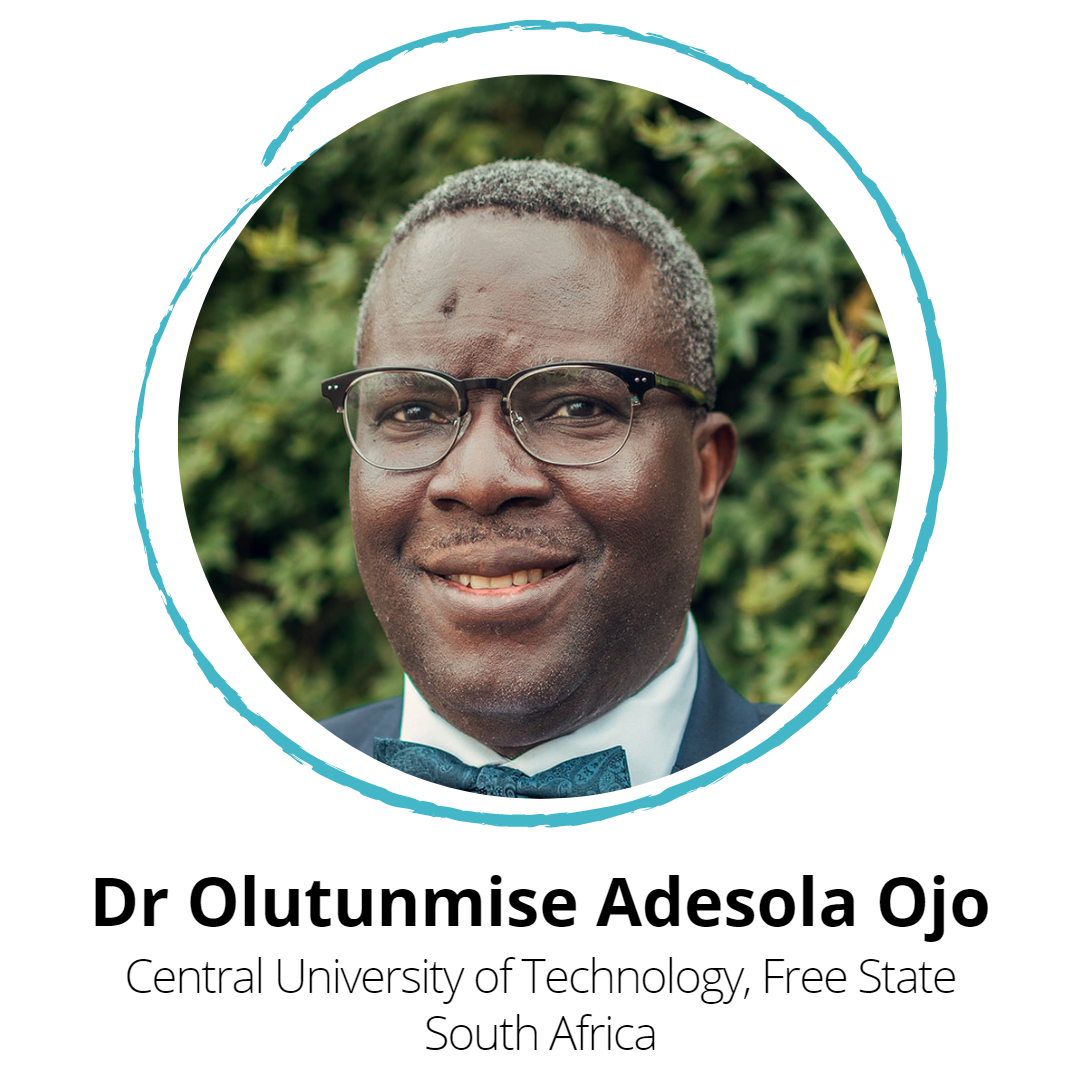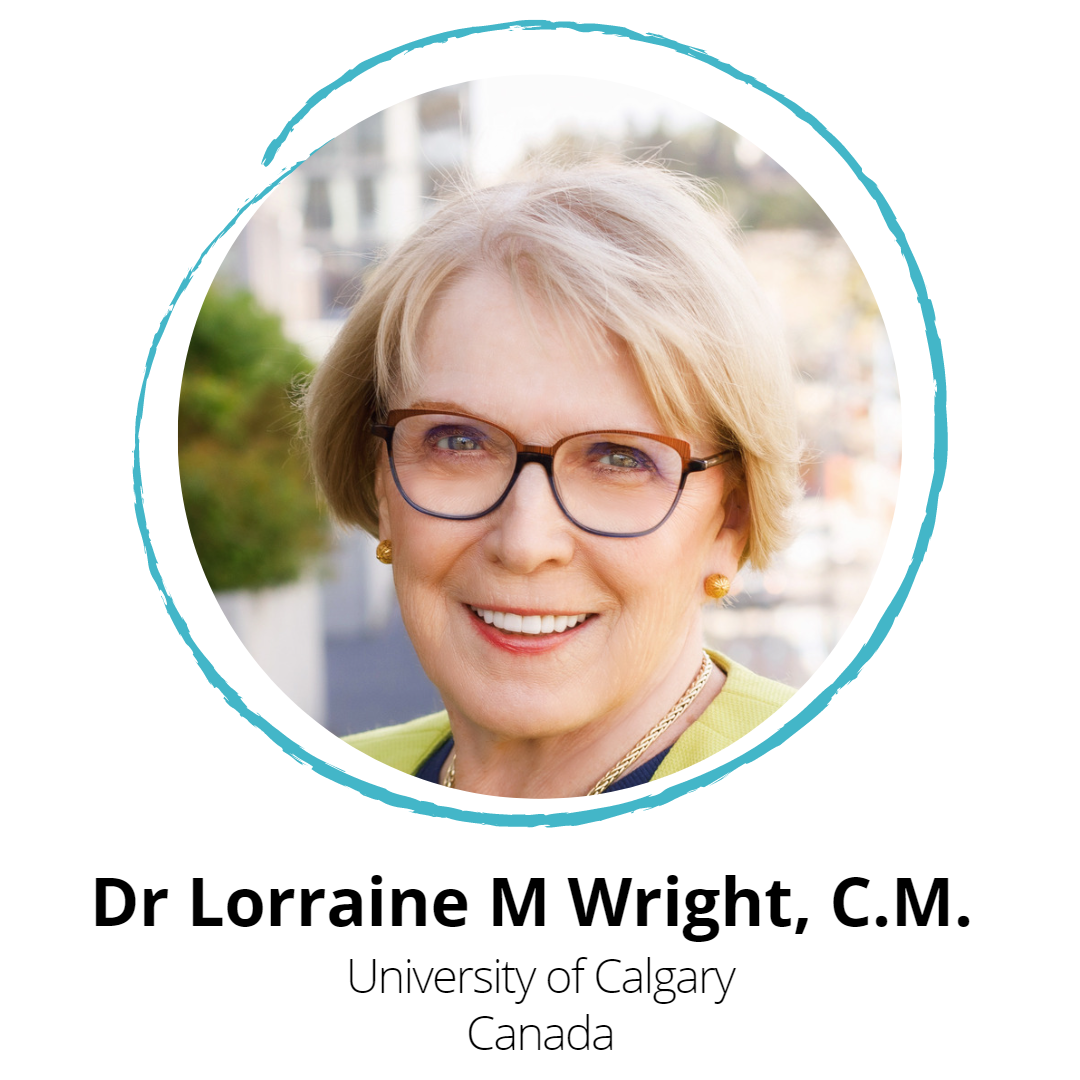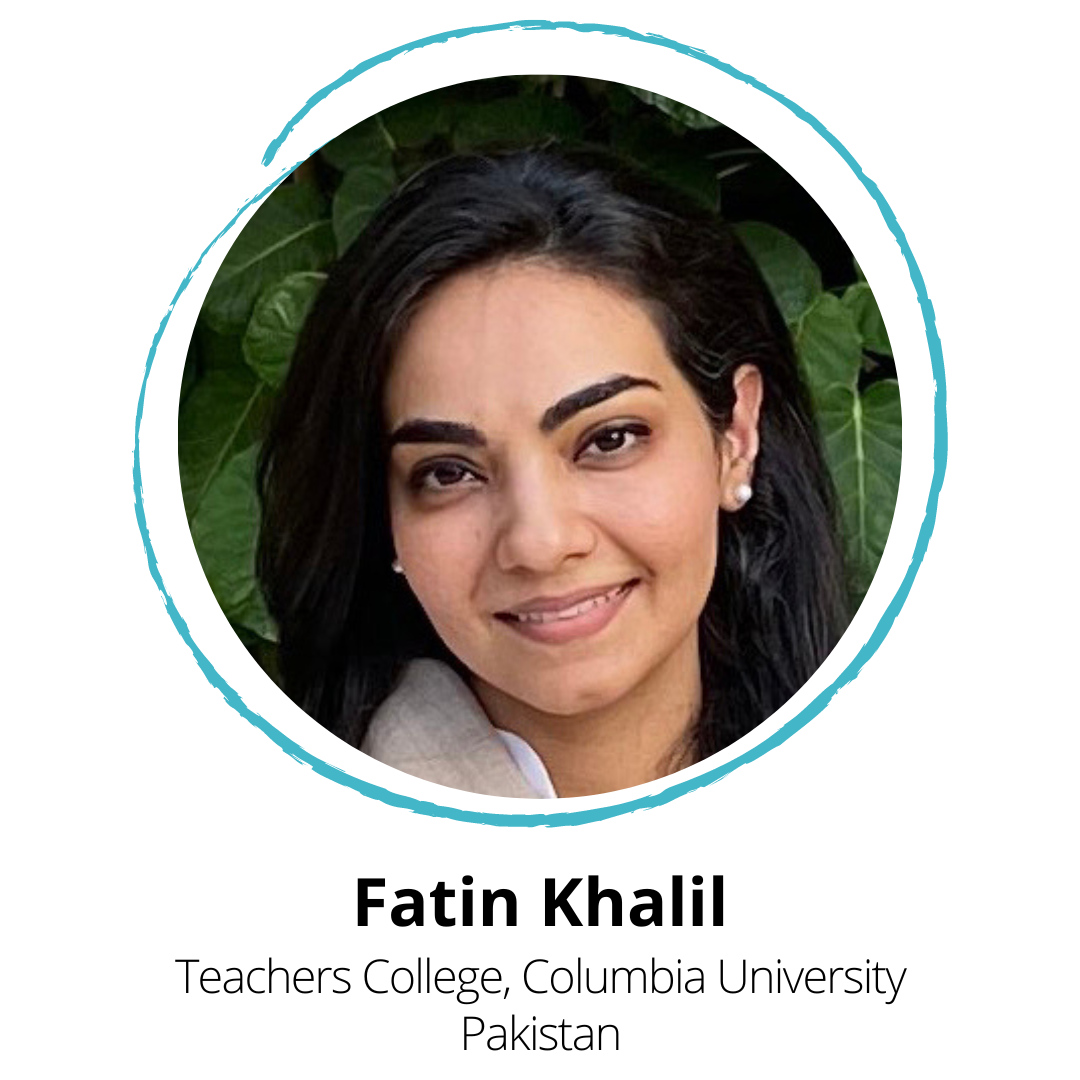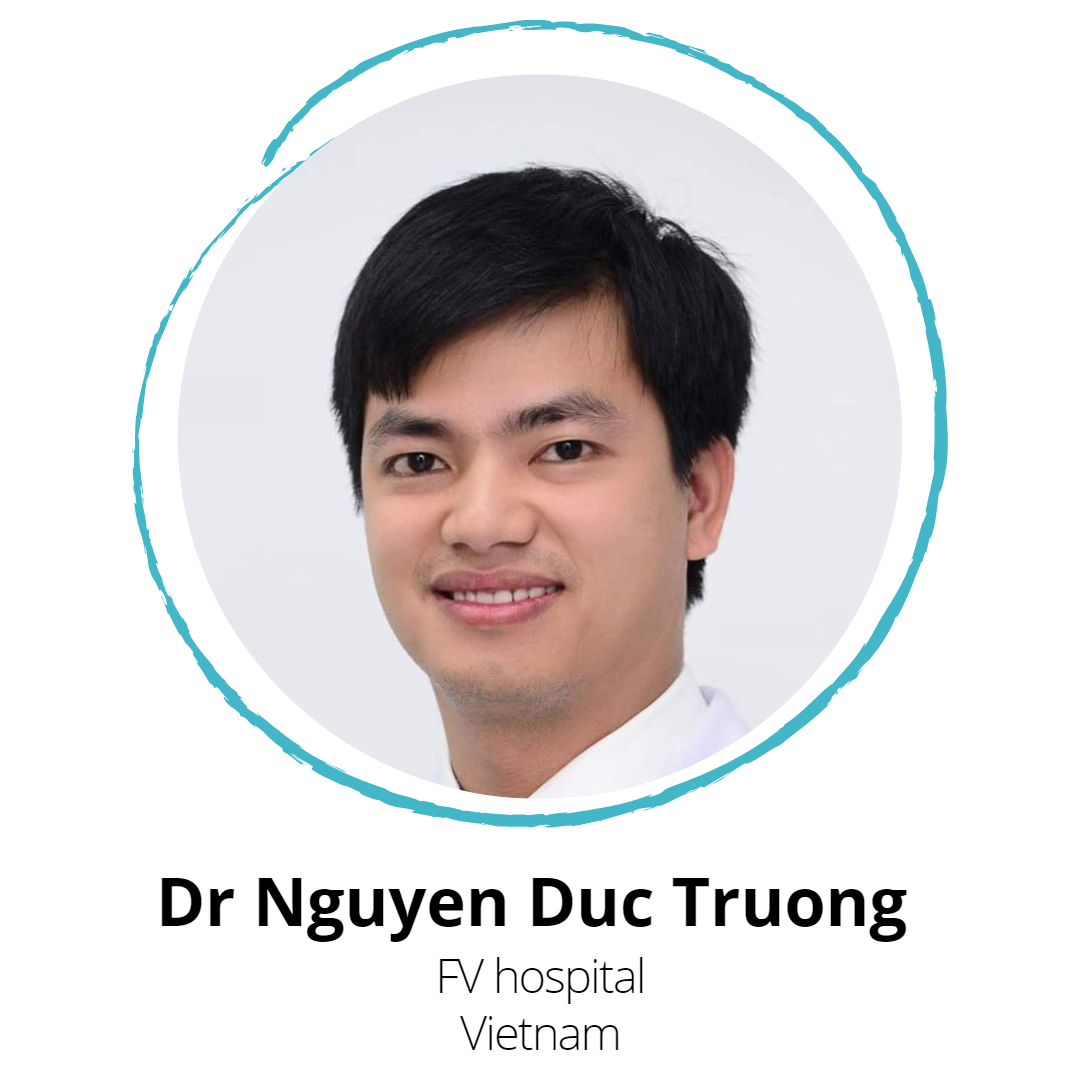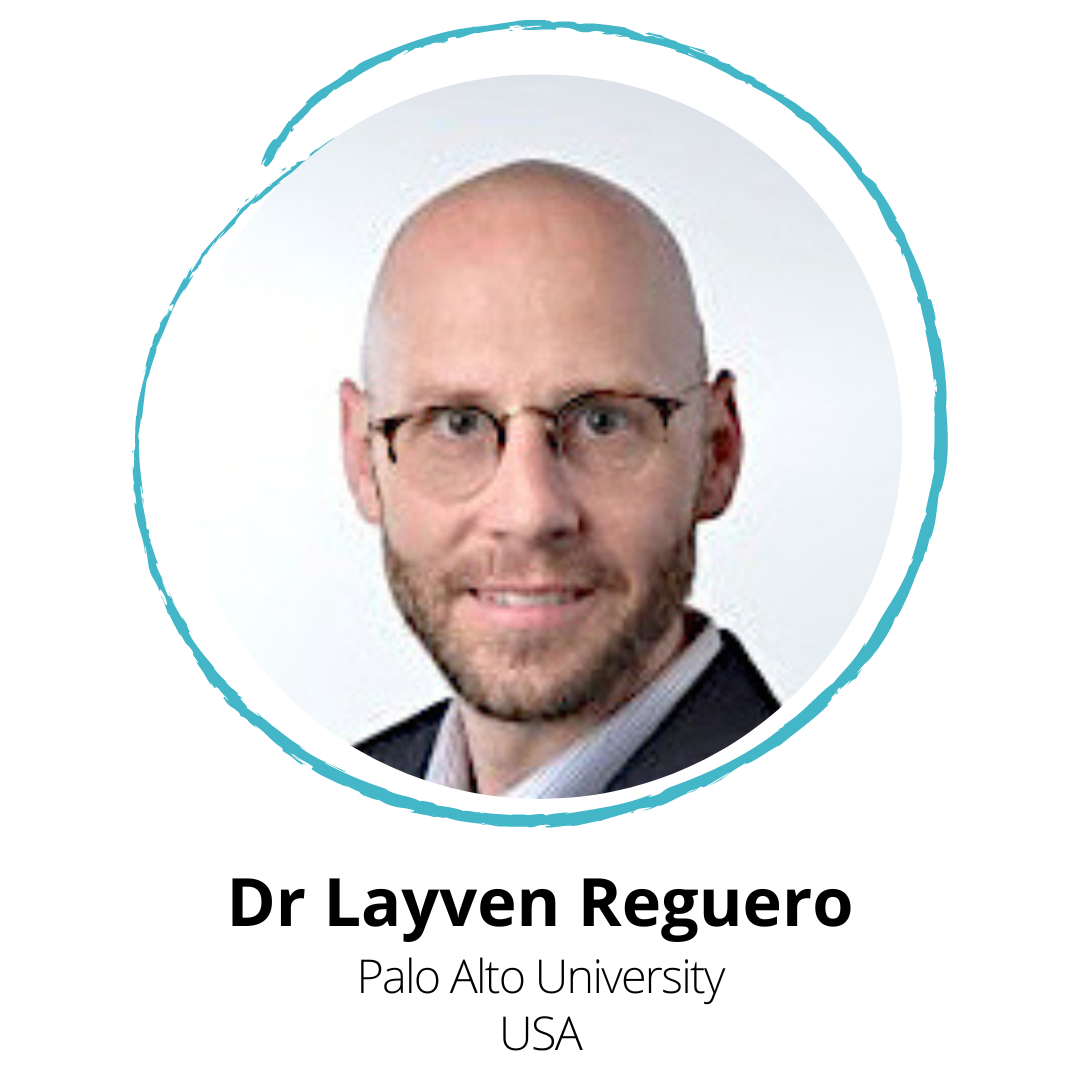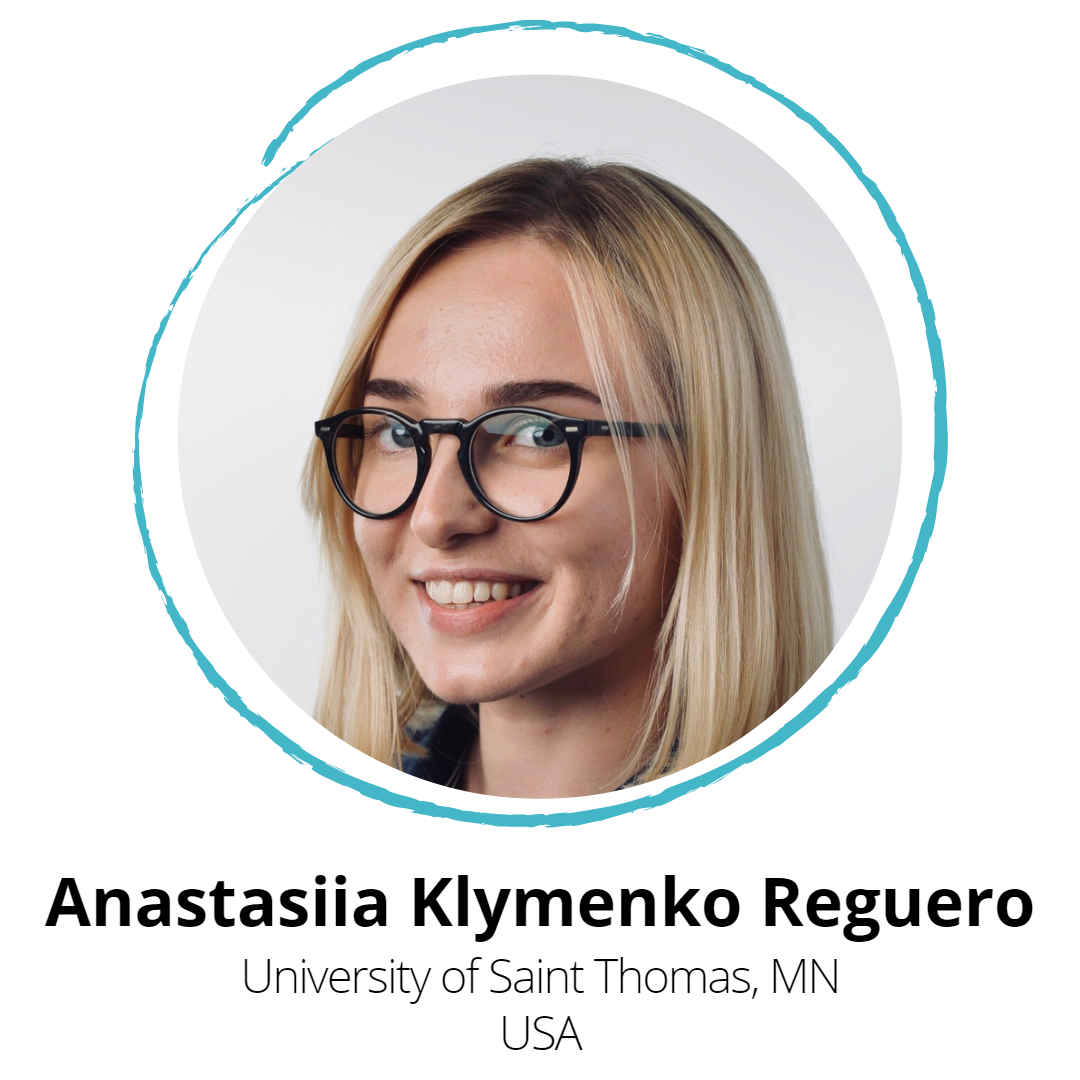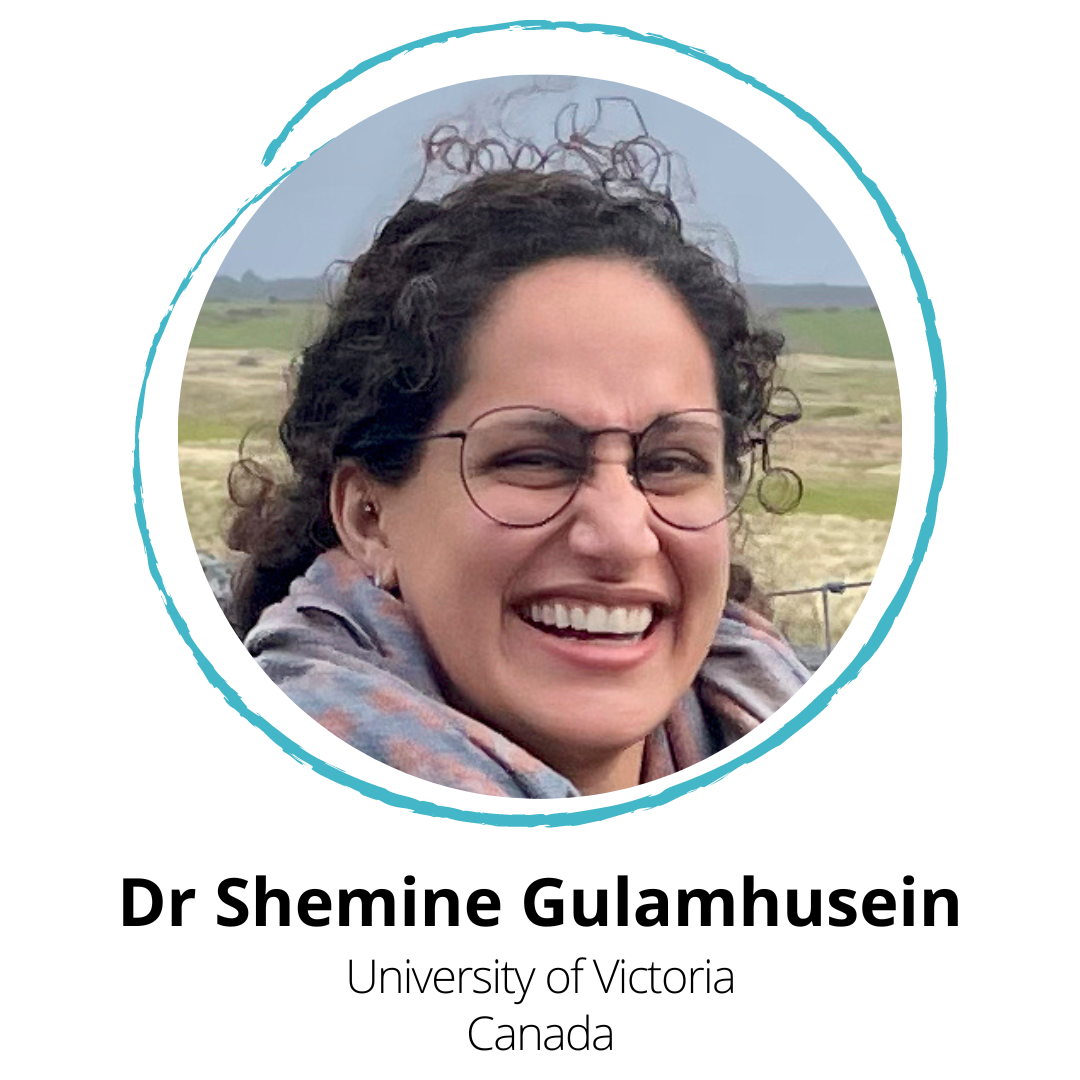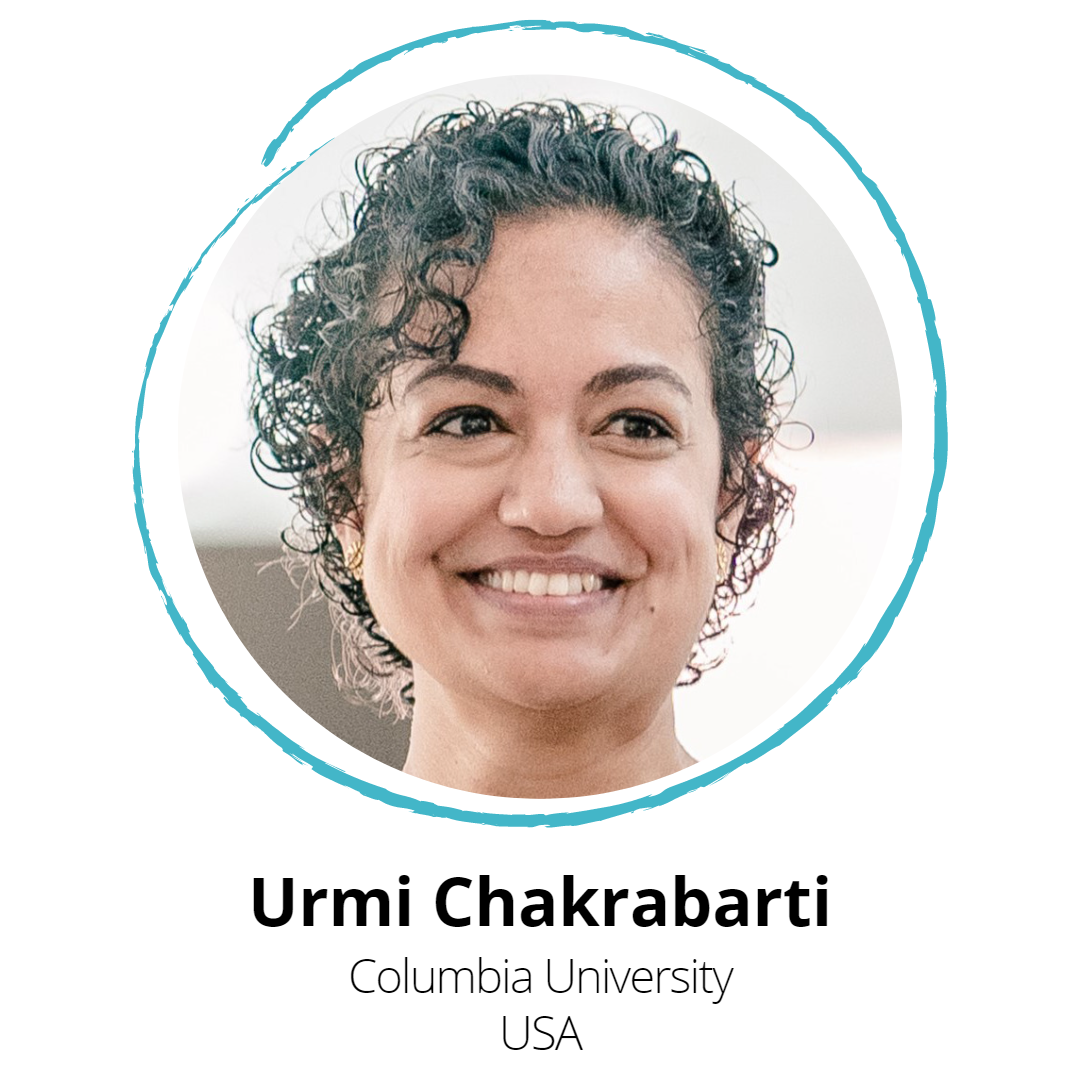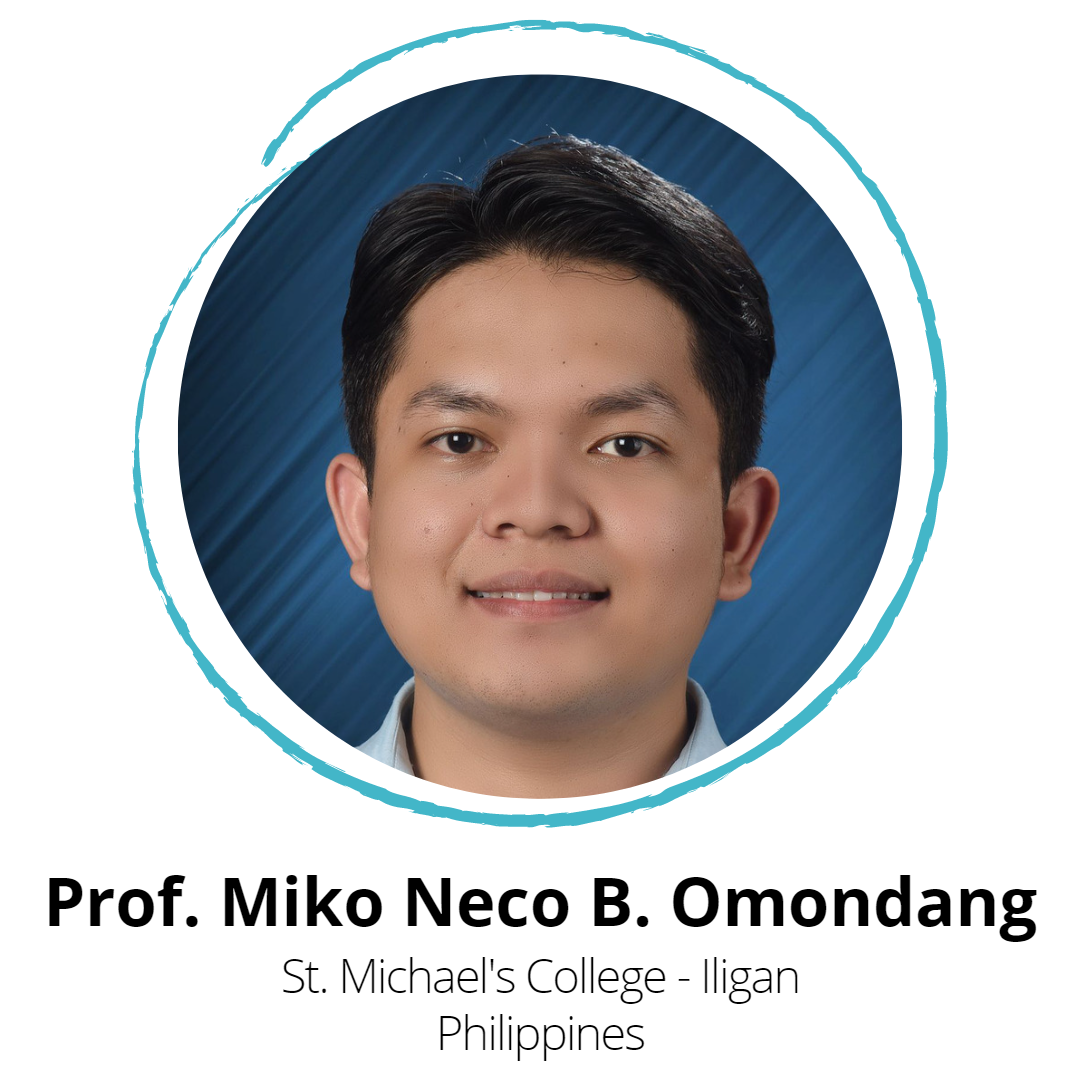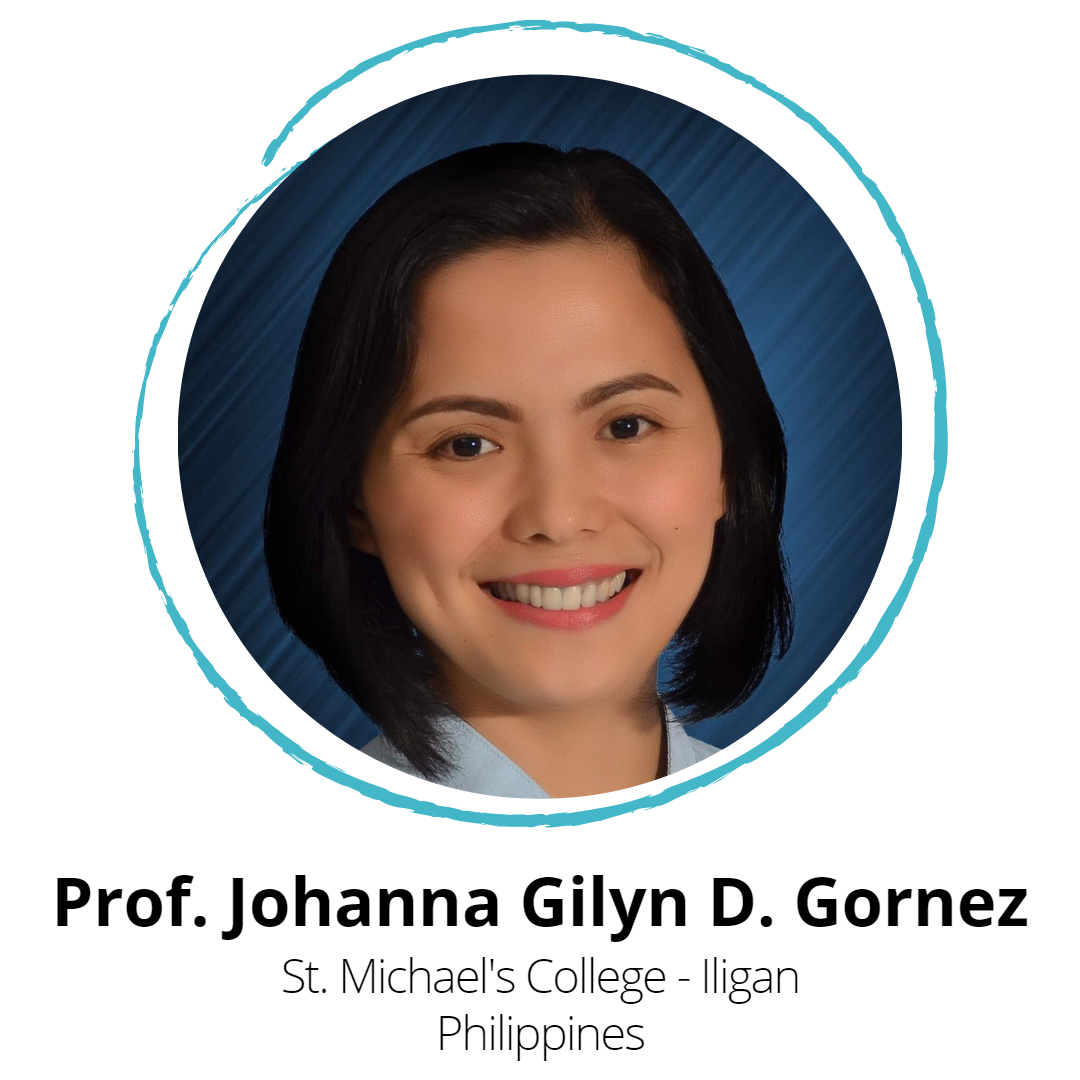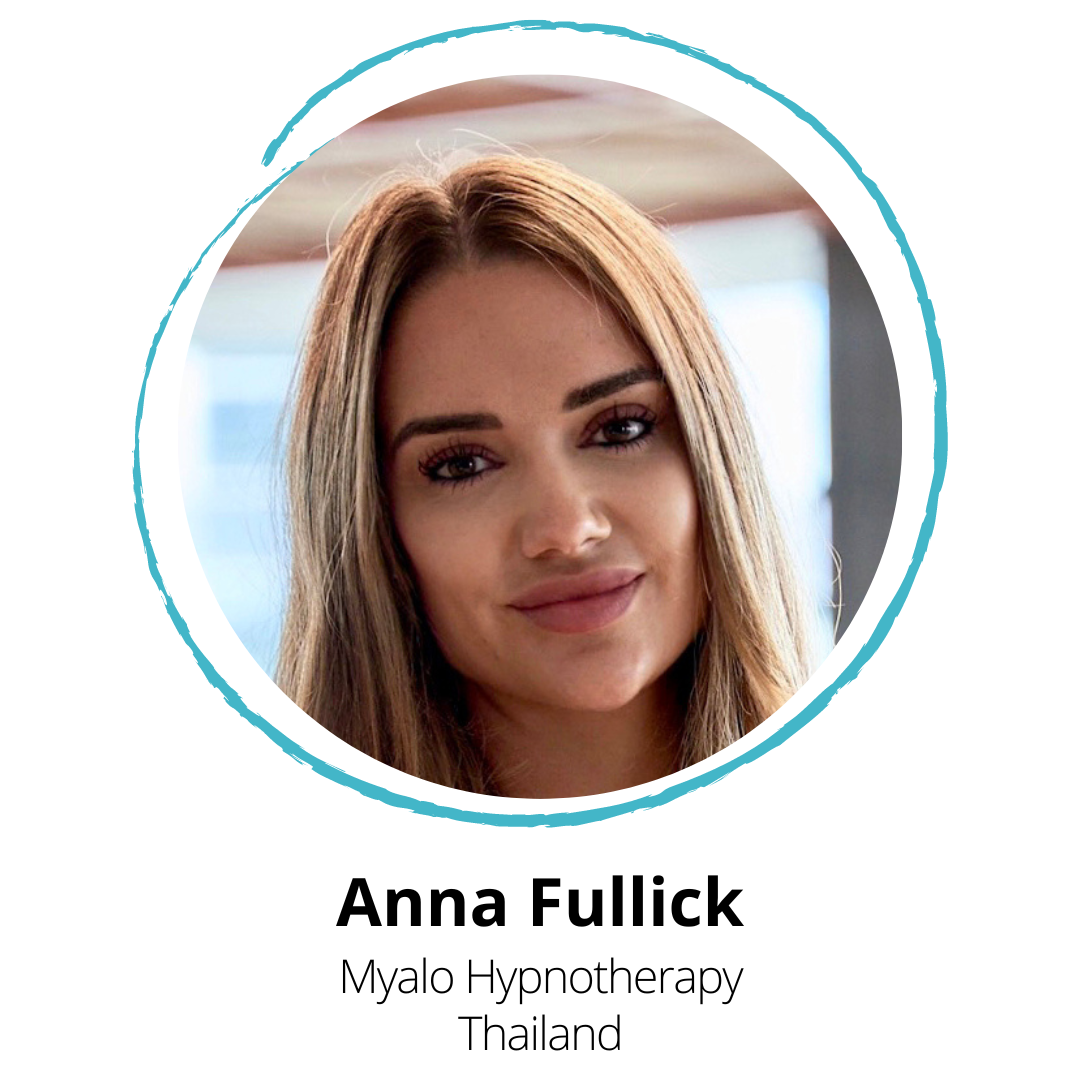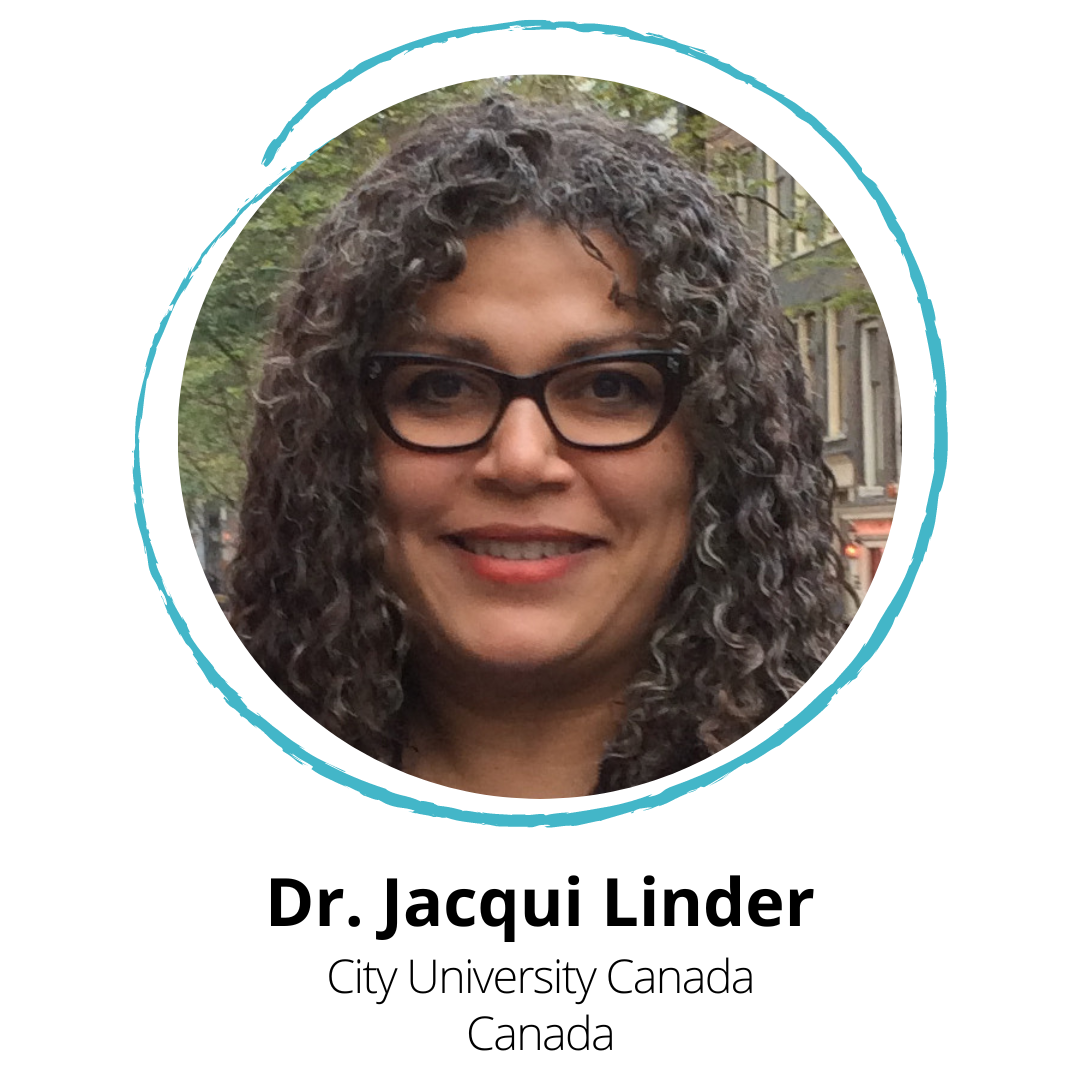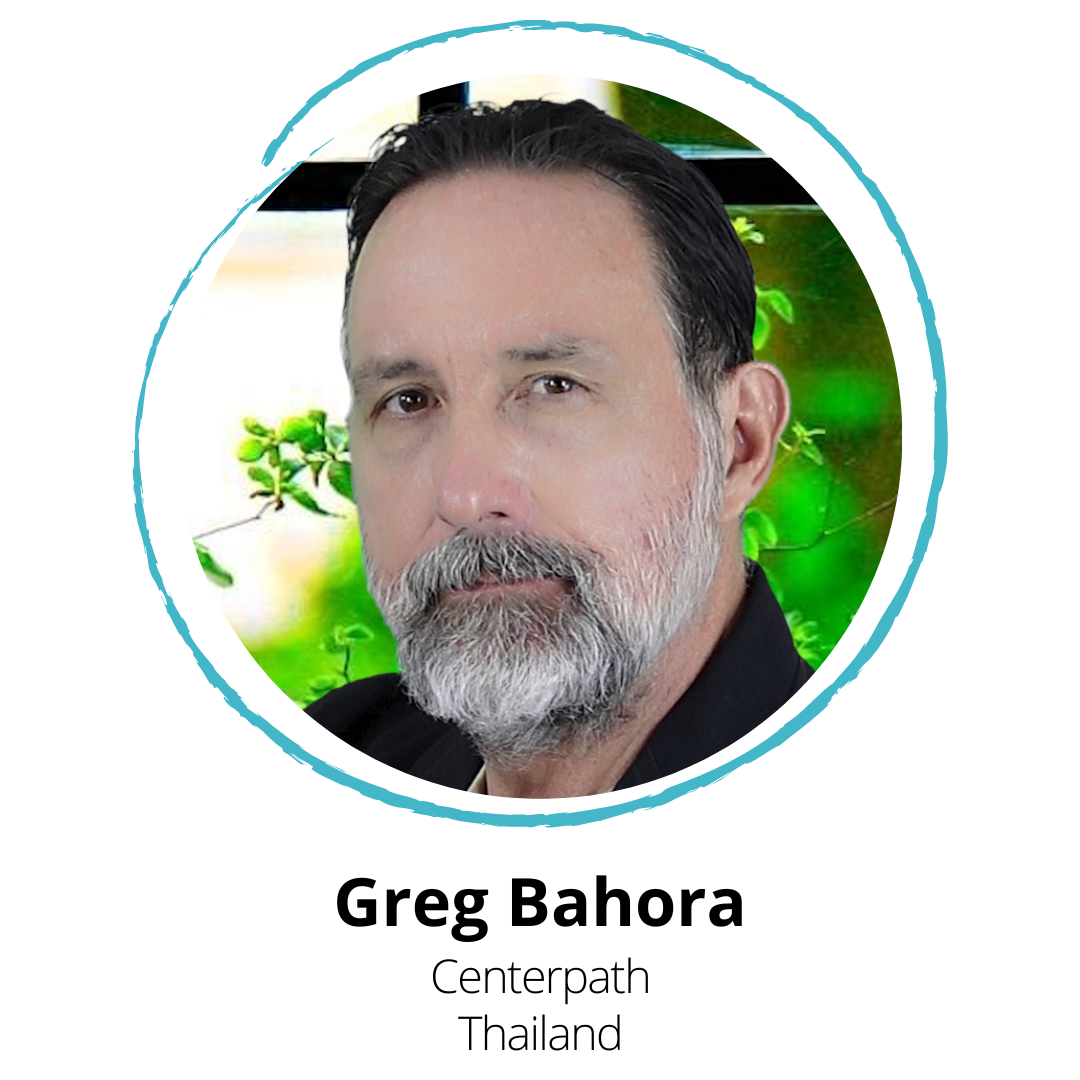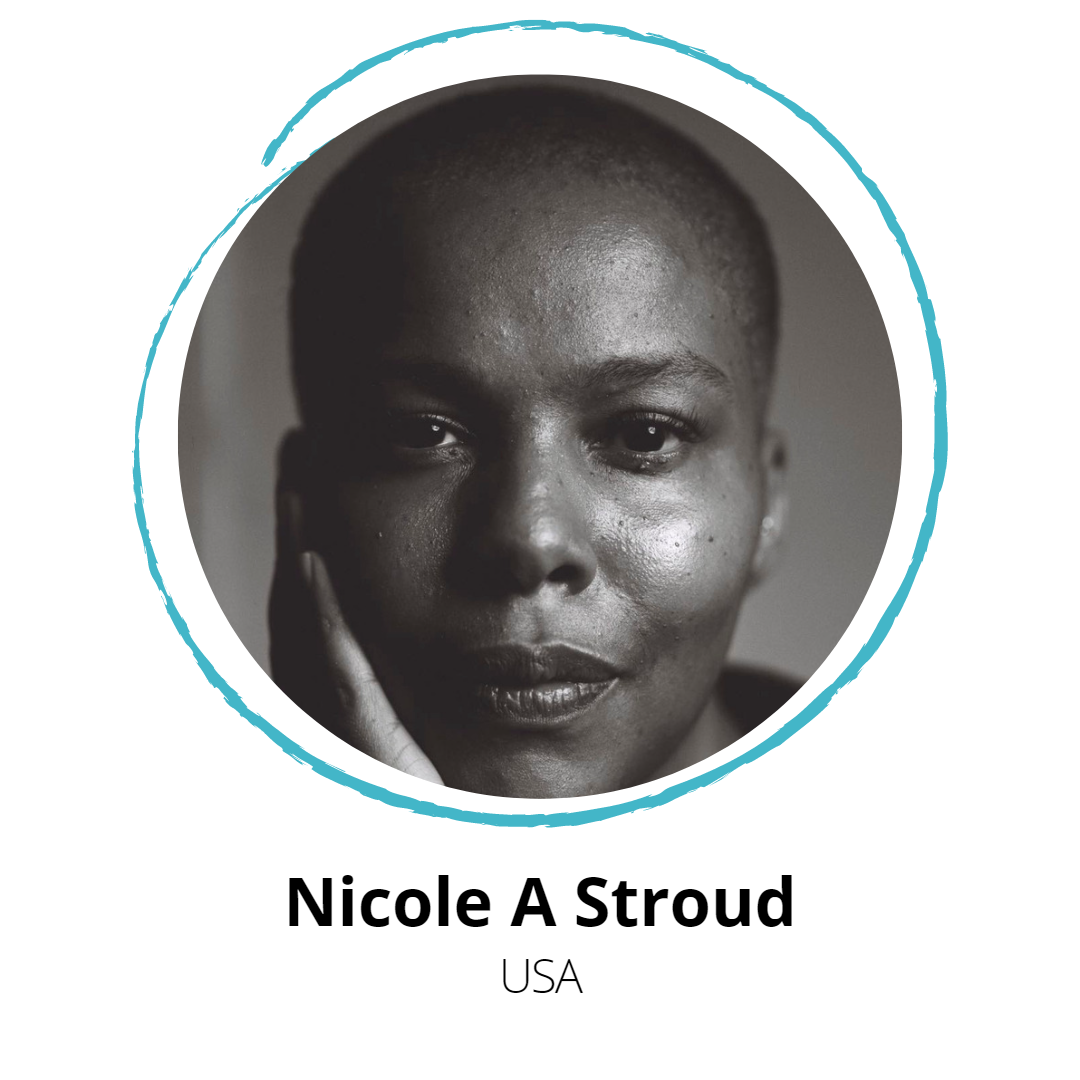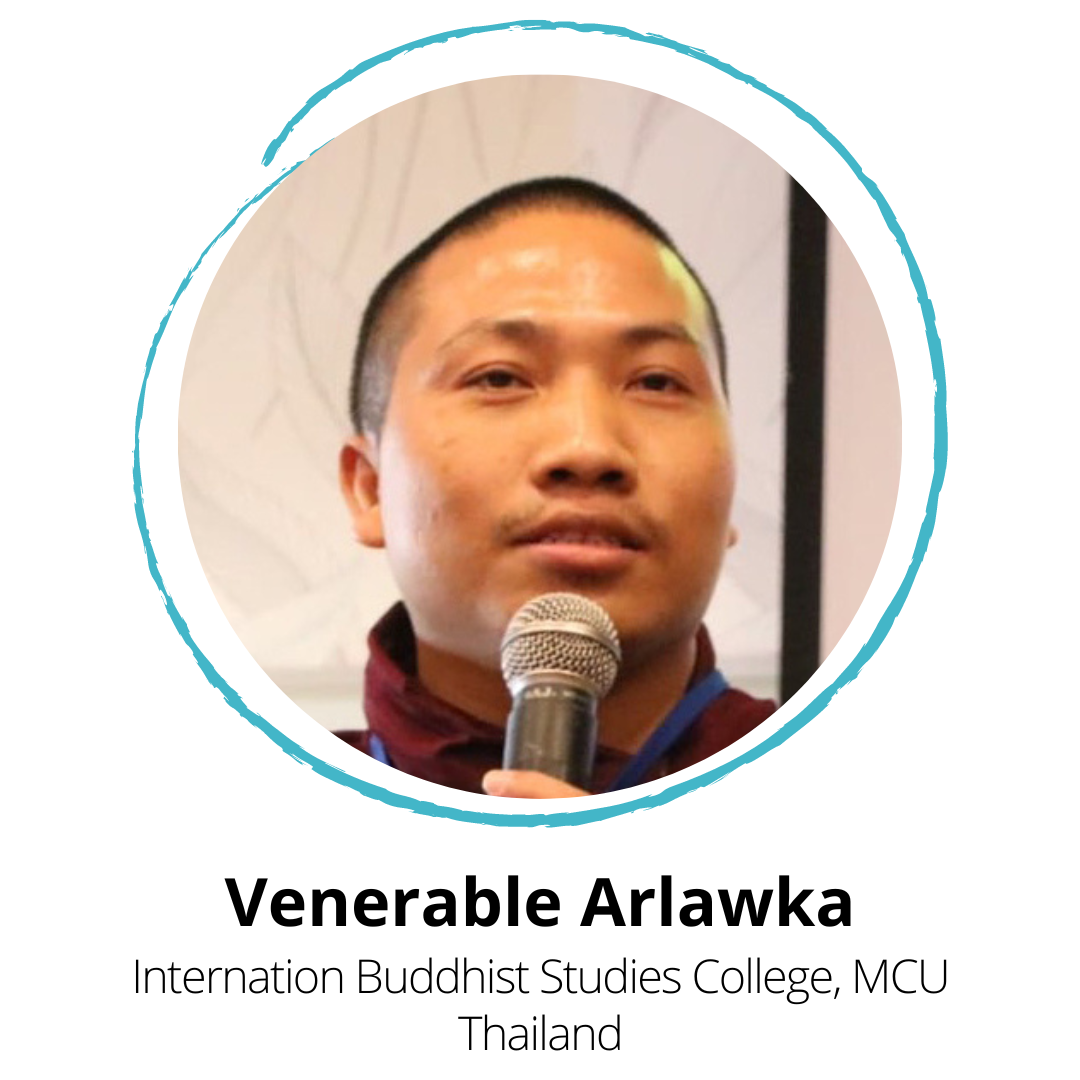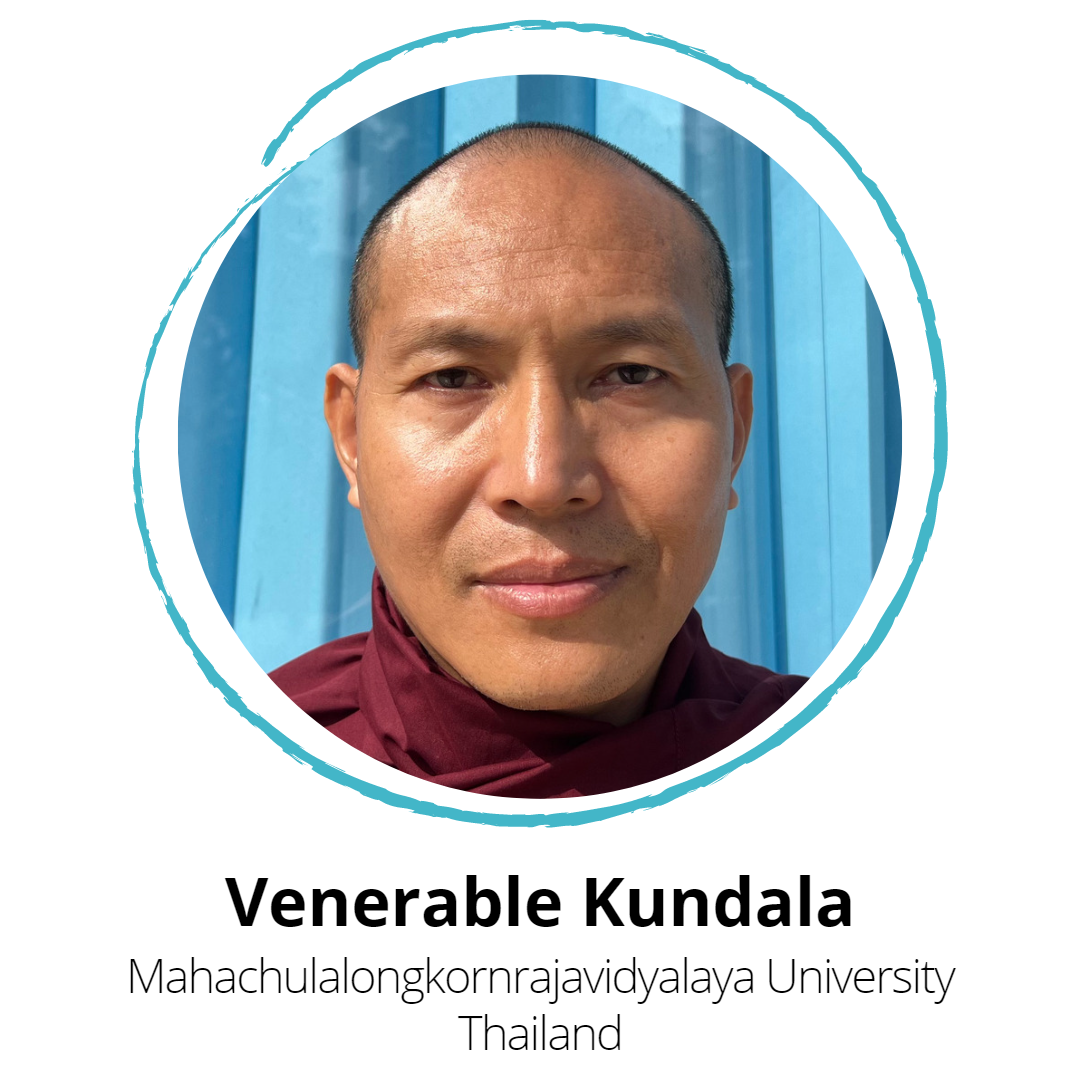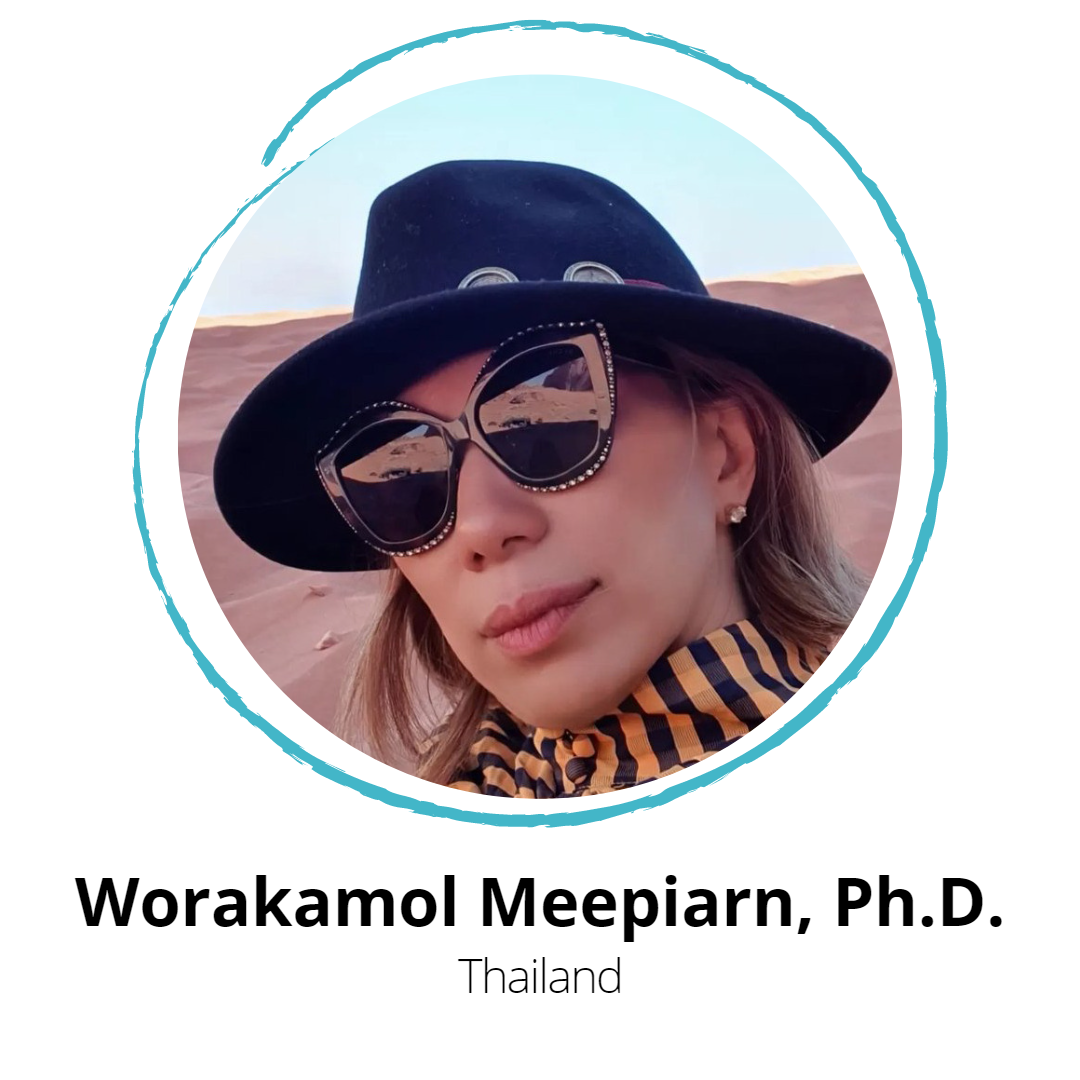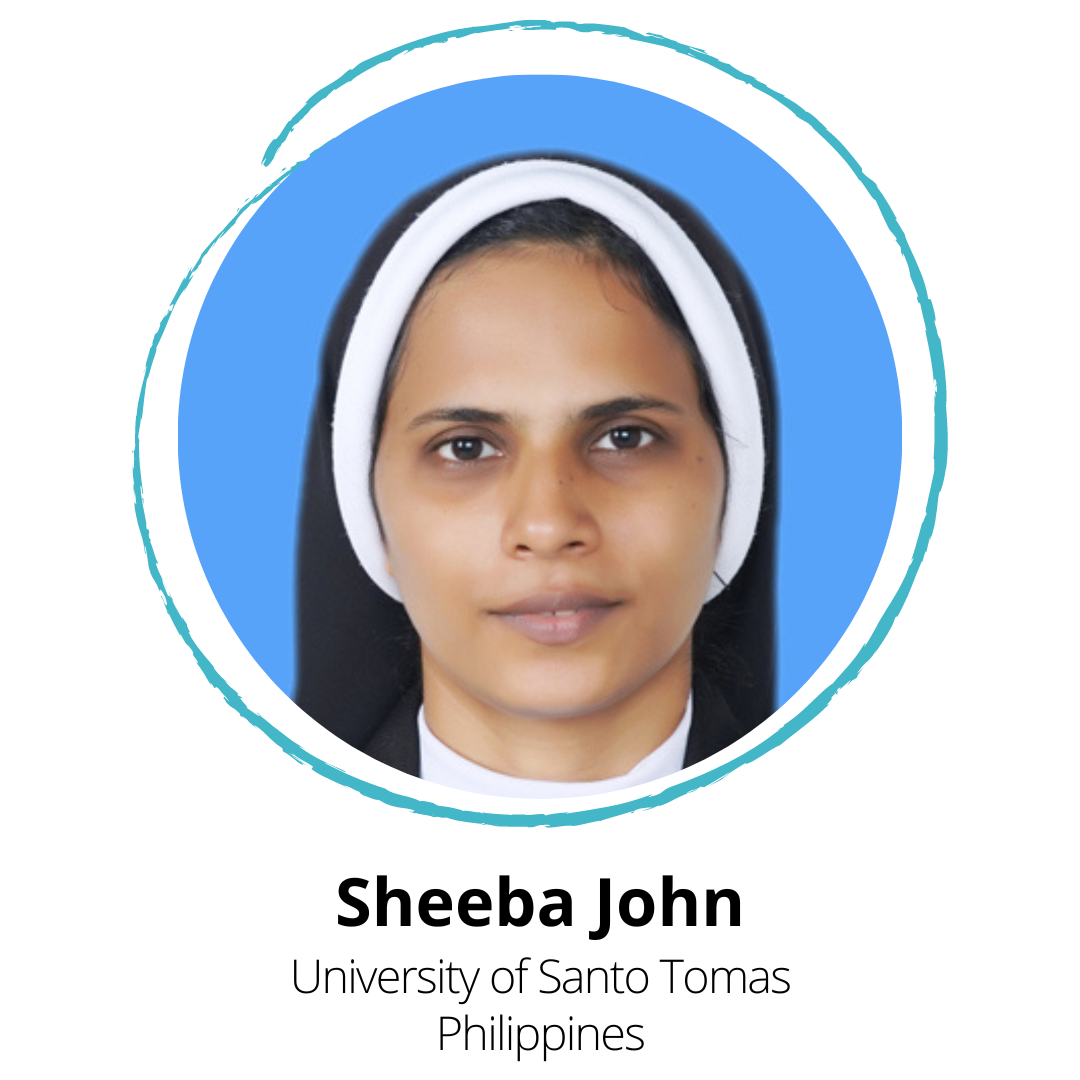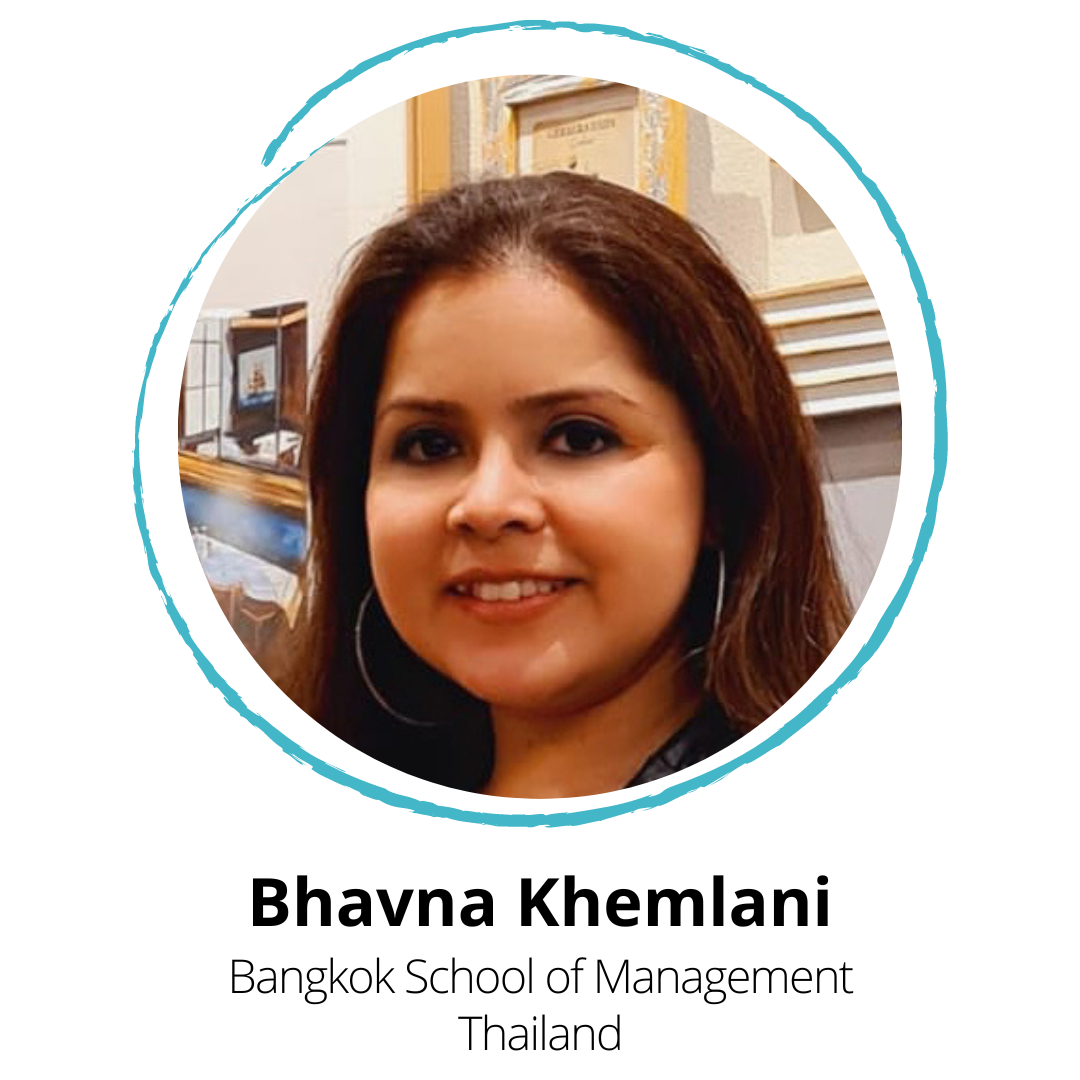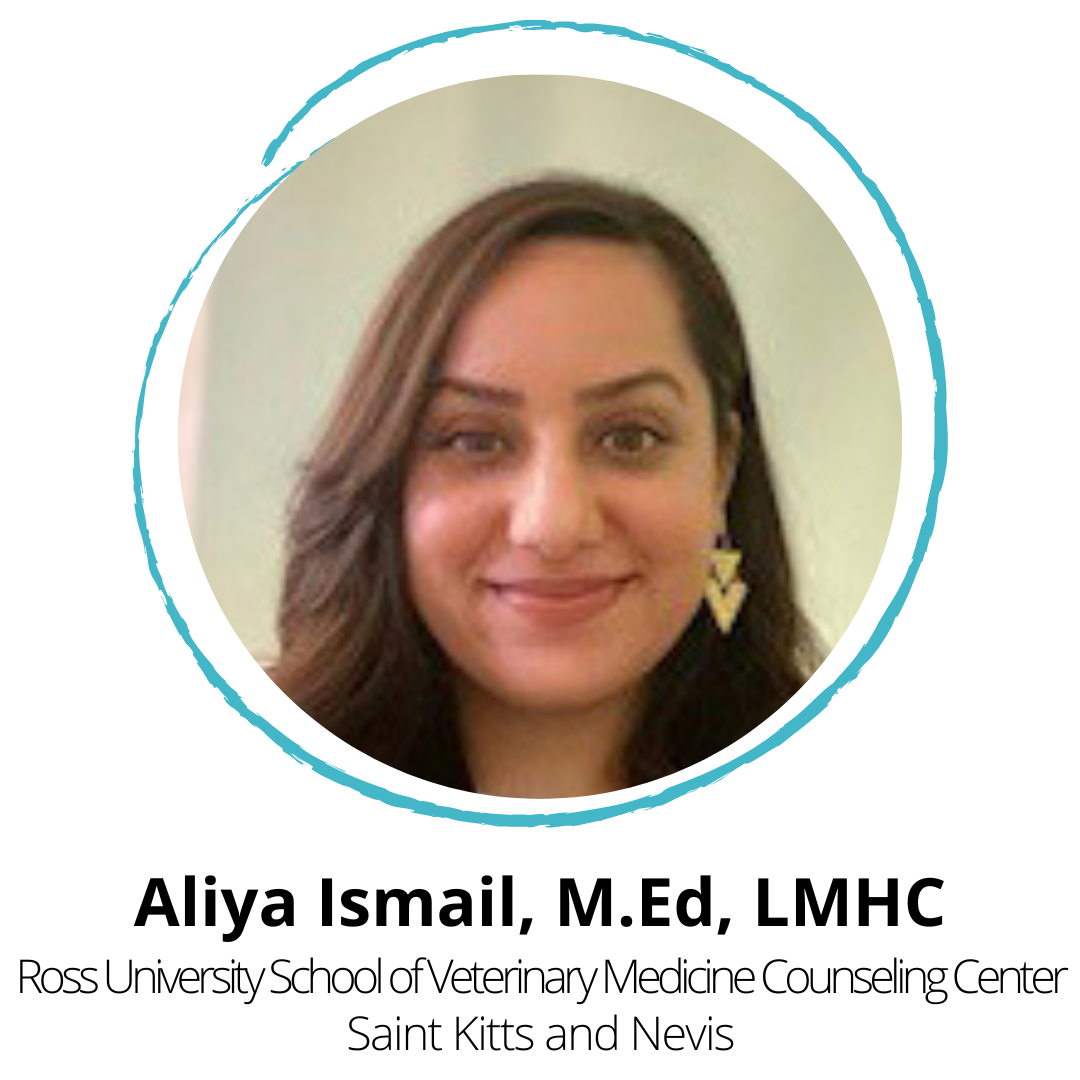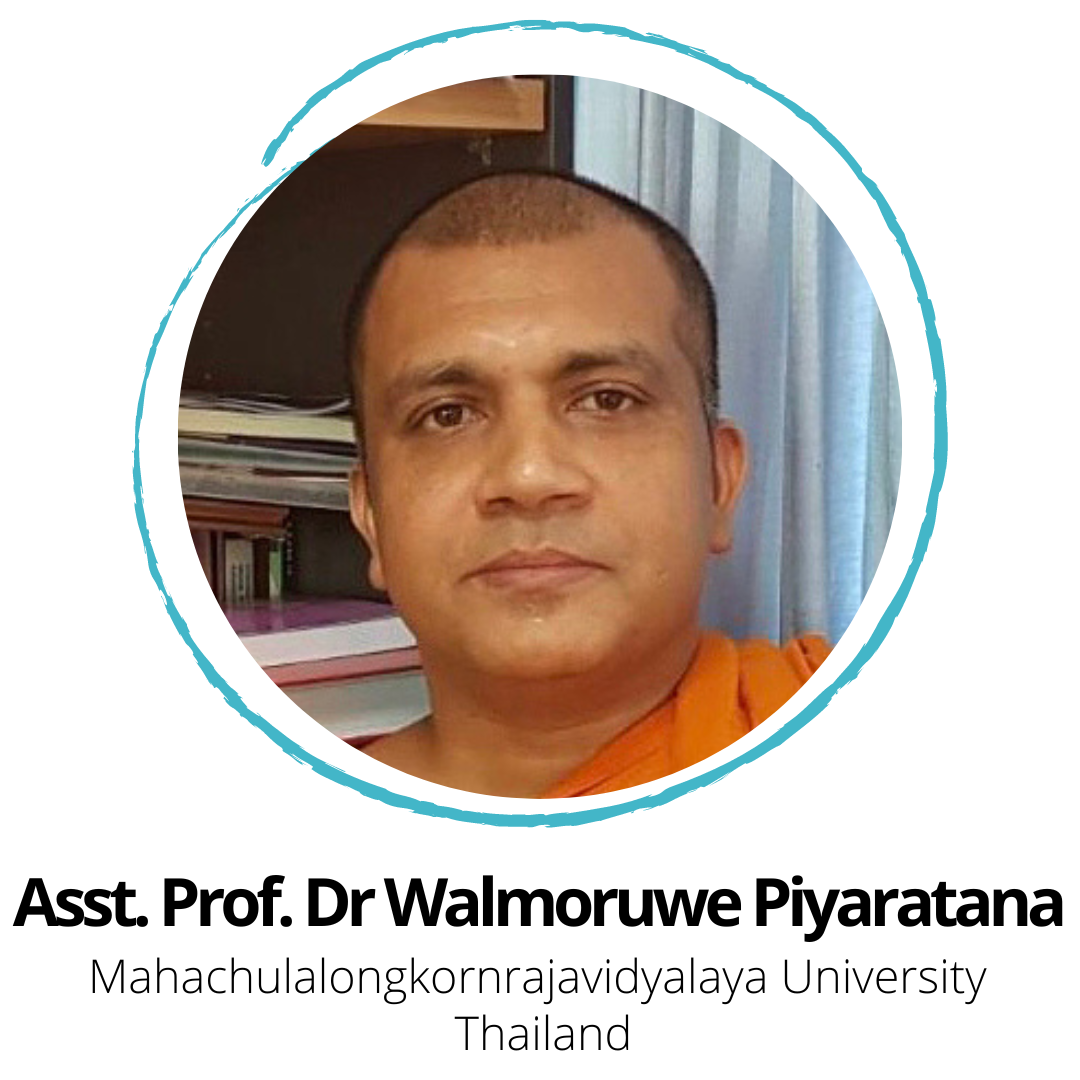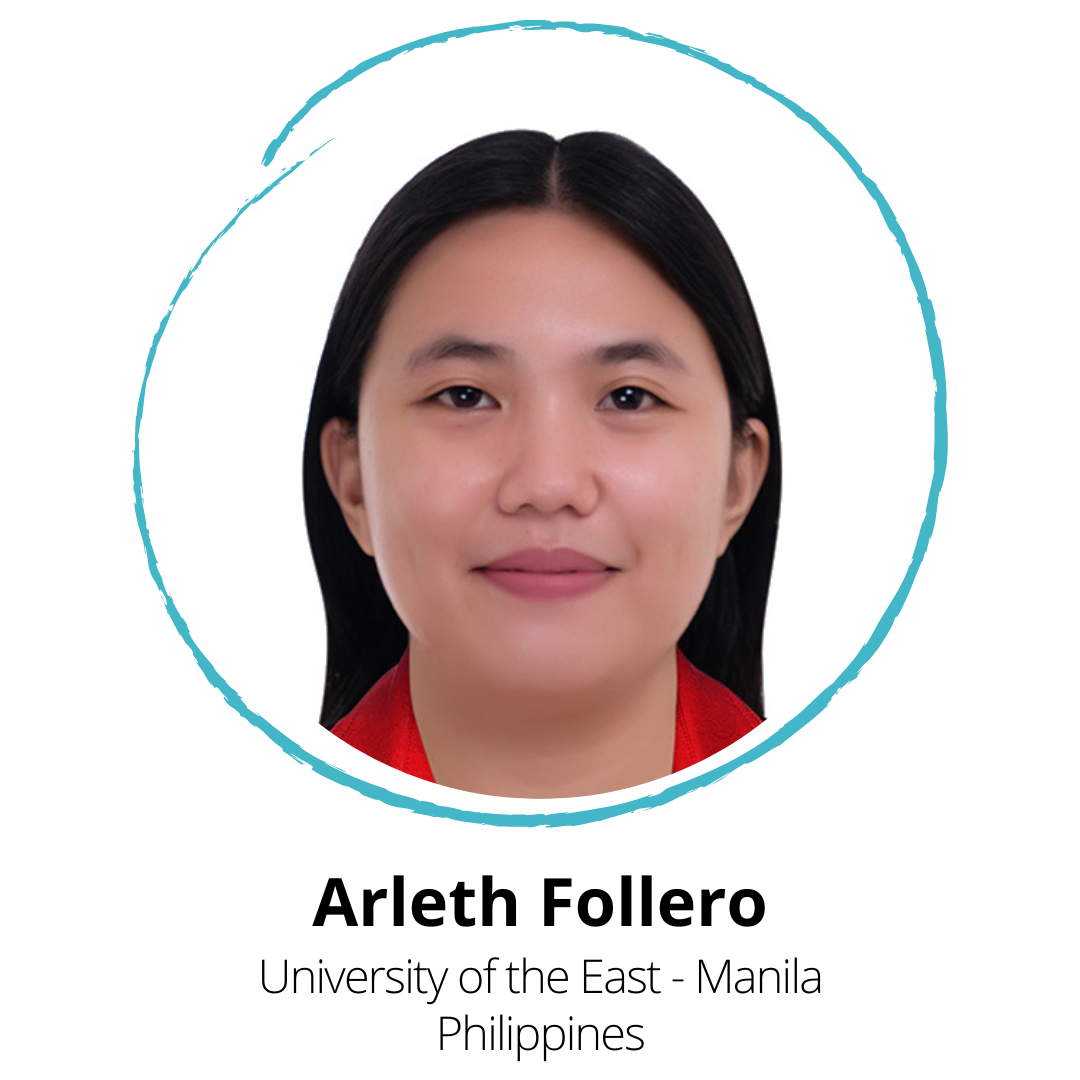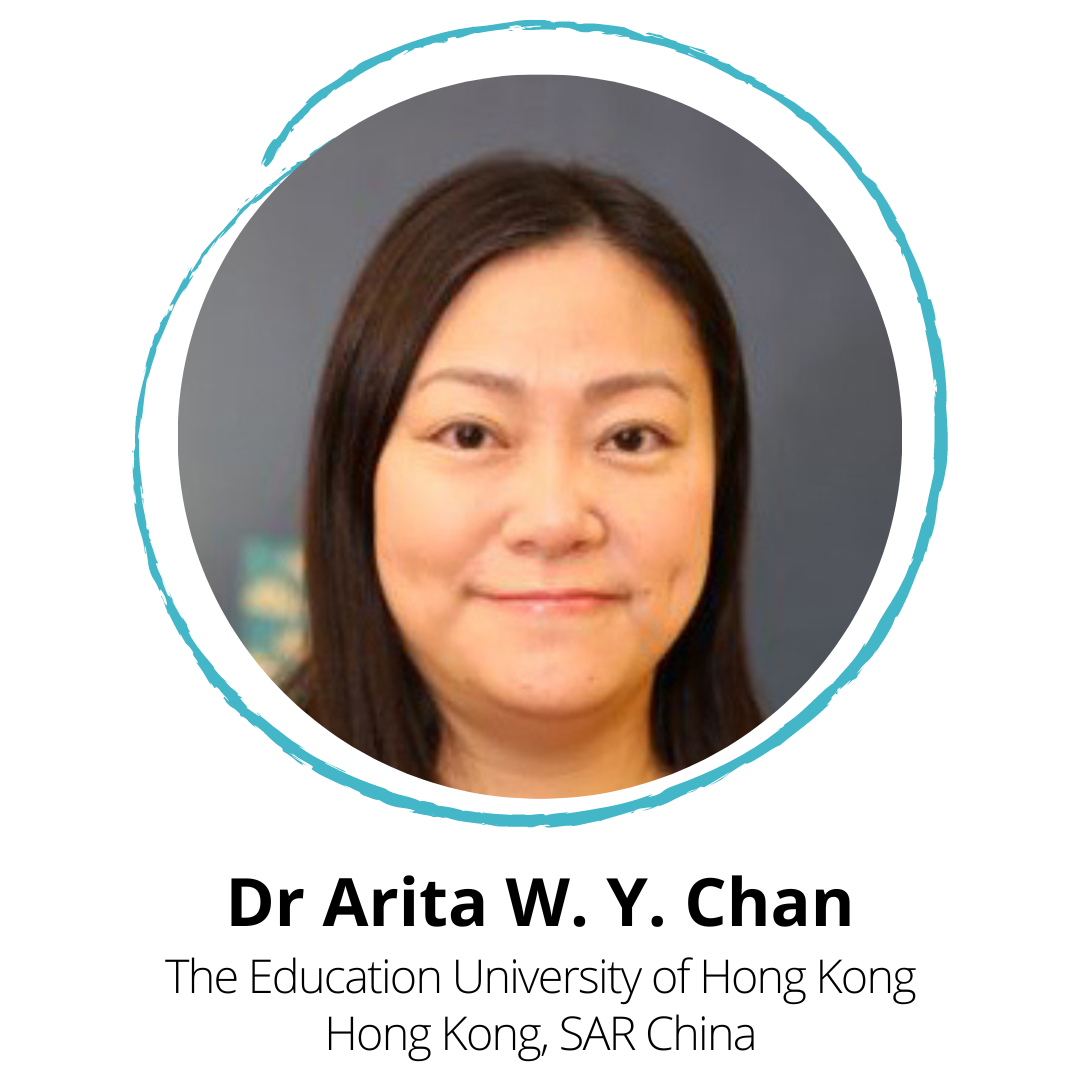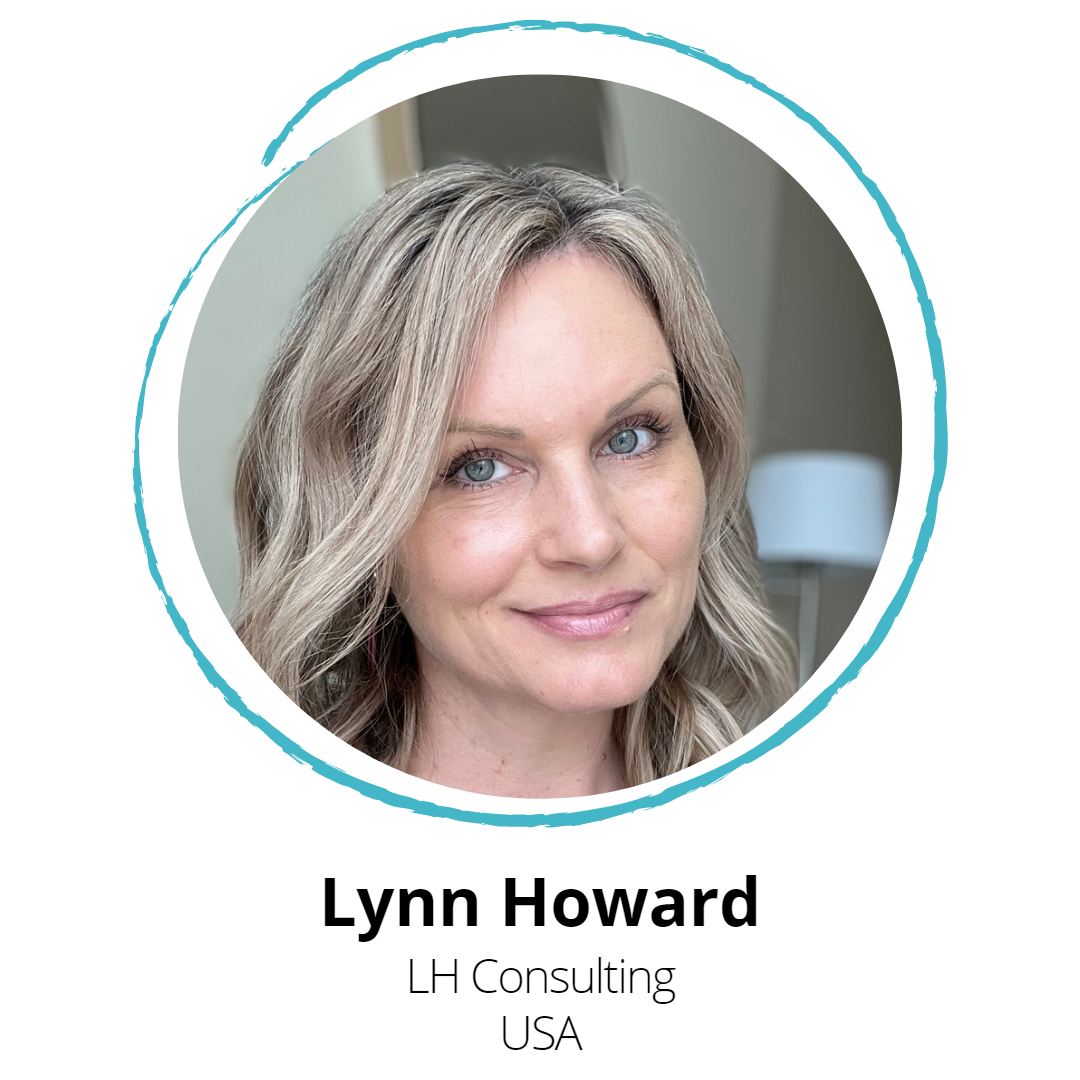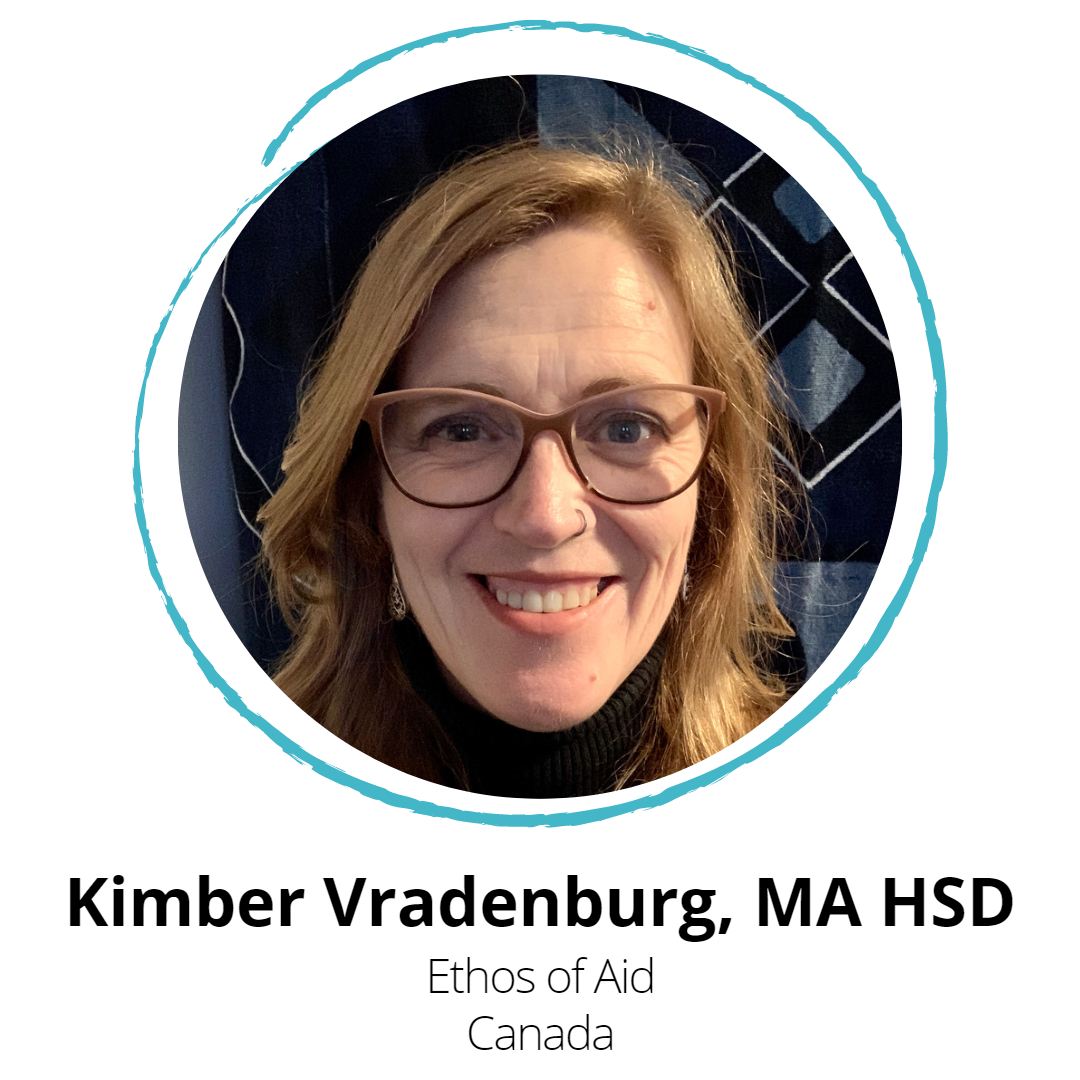8TH INTERNATIONAL CONFERENCE ON SPIRITUALITY AND PSYCHOLOGY [ICSP2023]
13th - 15th of March 2023, Bangkok, Thailand
Radisson Suites Bangkok Sukhumvit Hotel
SPEAKERS
13th - 15th of March 2023, Bangkok, Thailand
Radisson Suites Bangkok Sukhumvit Hotel
SPEAKERS
Rhythm and skill
This creative work is an exploration of digital sketching. It focused on the artistic representation of images using various lengths, weights, paths of line elements and principles of art to present rhythmic cultural dancing practices. The artwork style recalls the techniques of the Pop art movement that developed in the United Kingdom and the United States during the mid-to-late-1950s (Kunzle, 1984; Artincontext, 2021). Pop art challenged traditional visual art practices by including images from popular cultures, such as advertising, low-cost and mass-produced printed matter, and gimmicky comic books (Kunzle, 1984; Artincontext, 2021). Furthermore, Kunzle (1984) argued that Pop artists like Andy Warhol, Richard Hamilton, and Roy Lichtenstein drew attention to consumerism in the art market with their works. He further explained that characteristics of pop art include the use of bright colours, basic shapes and thick outlines, among others.
The digital treatment of this visual in vector-based software made the images Scalable Vector Graphics (SVG-based) and a very flexible, colourful visual representation to be evolutionary and a decolonised pop art which was initially Euro-American centric. The art form's creative process challenges traditional hand-painted oil paintings on canvas and yet efficiently captures the dancing women's movement in the illustration.
The digital treatment of this visual in vector-based software made the images Scalable Vector Graphics (SVG-based) and a very flexible, colourful visual representation to be evolutionary and a decolonised pop art which was initially Euro-American centric. The art form's creative process challenges traditional hand-painted oil paintings on canvas and yet efficiently captures the dancing women's movement in the illustration.
|
Ojo Olutunmise Adesola has a PhD in Art and Design: Communication Design from the Tshwane University of Technology, Pretoria, South Africa. He is a practising design lecturer at the Department of Design and Studio Art, Central University of Technology, Free State, South Africa. Olutunmise has more than 15 years of active studio practice experience in design, printing and advertising. He is passionate about the visibility of art and design from different parts of the African continent. He has been lecturing in the higher education environment for over 17 years. His scholarly work aligns with the scholars focusing on Visual Art and Communication design education and practices, Innovation and Entrepreneurship training. He has supervised and examined art and design postgraduate students across South African Universities. He has also presented research papers at national and international conferences, participated in several group art exhibitions and published papers in peer-reviewed accredited journals.
|
What is the Connection between Spirituality and Suffering:
The Moral and Ethical Obligation for Clinicians
Suffering spares no one and favours no one. Suffering is not partial to any particular gender, race or religion. But serious illness, grief and/or loss invite deep suffering when our lives and relationships are changed forever. Deep suffering opens the door to spirituality as attempts are made to make sense of and heal from suffering. Suffering and spirituality are an inseparable duo. If we as clinicians are to be helpful, what clinical practices are most effective to soften deep suffering in the context of spirituality and promote individual/family healing? From 45 years of clinical practice and study, Dr. Wright will offer the most effective clinical practices that invite illness healing highlighted with actual clinical and personal illness narratives and research.
|
Dr. Lorraine M Wright, C.M., is a Professor Emeritus of Nursing, University of Calgary. She is also an international speaker, author/blogger, and consultant in family nursing and family therapy.
Her most recent books are Illness Beliefs (3rd ed) (2021); Nurses and Families: A guide to family assessment and intervention (7th ed) (2019); and Suffering and Spirituality: The Path to Illness Healing (2017). Dr. Wright has presented in some 30 countries. She resides in Calgary, Canada when not travelling the world. Her goal is to visit 100 countries to learn about the clinical practices with individuals and families experiencing illness suffering. She has now visited 82 countries! www.lorrainewright.com |
Transcending Miracles:
New Paradigms in Science Can be Key in Unlocking the Potential Capabilities of Human Consciousness
Anomalous and transrational consciousness– often called parapsychology and psi phenomena can seem like the stuff of myth and miracles. New paradigms in physics and neuroscience are not much different. Various types of miracles have been recorded throughout history in mystical texts as well as revealed scriptures of Abrahamic faith: Torah; Bible; and Quran. At a cursory glance, there could be much in common between the miracles of Scripture and the cases reported as psi phenomena and parapsychology since both appear to be supernatural acts that are bewildering or at the very least awe-inspiring. Although most often faced with skepticism, when such phenomena is understood and validated through rigorous scientific scrutiny it can lead to an overall increase in acceptance and contribute towards expanding the definition of what is real and possible. In this paper I explore how emerging research and future directions in quantum physics and neuroscience could provide a better context to understand certain parapsychological phenomena, such as telepathy and telekinesis–through examining the scriptural lore of miracles of Prophets–to help formulate a more comprehensive understanding of the potential capabilities of human consciousness.
|
Fatin enjoys coming up with uncommon ways of making life meaningful. This has been the common thread woven into her varied and successful enterprises: a decade long career in advertising; setting up a creative agency that advances the cause of non-profits; teaching college students to create compelling brand identities; and becoming an entrepreneur who founded and (still) runs a natural henna business to advocate safe body-art practice. In 2018, after years of struggling with chronic health concerns, Fatin discovered Mind-Body medicine and developed an interest in demystifying the mystical experience to apply it as a pragmatic solution for self and society. Subsequently she got a Master’s in Spirituality Mind Body–Psychology in Education from Columbia University, where she was able to investigate the neuroscientific bases of spirituality and religious practices, positive emotions and mindfulness interventions, and integrate them with her background in creativity. See some of her work at www.zeyrzabr.com
|
Case report: Integrative support with Falun Gong Mantra for COVID-19 patients via telemedicine
COVID-19 pandemic started in the late 2019 and persisted. The World Health Organization (WHO) reports over 660,000,000 million infected cases and more than 6,700,000 deaths worldwide. However, the actual numbers could be higher. Due to the overload on the health system, many deaths in various communities were not confirmed diagnosis. In Ho Chi Minh City, the peak of the pandemic occured from July to October 2021. In the facet of social isolation, the overload status in hospitals and the shortage of medical facility due to the sudden massive increase in the number of infected cases, many patients were unable to access standard medical care. This situation put a detrimental psychological stress on patients and exacerbate their condition. In this desperate situation, Falun Gong, an ancient Chinese practice presents as an appropriate psychological and spiritual support to enhance patient recovery. Using telemedicine, patients—receptive to the integrated approach—were taught to recite the Falun Gong mantra: “Falun Dafa Is Good; Truthfulness, Compassion, Forbearance is Good” in Chinese. The outcome of this integration is positive. We present three cases of successful integration of Falun Gong with standard medical care via telemedicine.
|
A graduate from Hanoi Medical University in 2012, Dr. Nguyen obtains his medical license as an Obstetric and Gynecologist in Ho Chi Minh City, Vietnam, in 2014.
Dr Nguyen started practicing Falun Gong in 2015. Upon gaining much benefit from the practice, Dr Nguyen began introducing Falun Gong to the community and integrating it into his medical practice for the benefit of many his patients. |
Effect of Conceptualization on Mental Health and the Attainment of Spiritual Bliss
Interest in conceptualization has ancient origins and remains of interest today. Conceptualization is the creation of ideas, concepts, or definitions. Conceptualization serves the recognition and categorization of experience, as well as facilitating abstract reasoning and social communication. Ancient philosophers like Plato and Socrates wrestled with the conceptualization of definition and contemporary individuals and societies remain entangled in similar debate. What is a healthy mind? What is a blissful spirit? This presentation integrates the perspective of Aaron T. Beck’s (1921 - 2021) Cognitive Theory and resultant Cognitive Behavioral Therapy on the conceptualization of a healthy mind and a blissful spirit. This presentation posits that cultivating mindful awareness of conceptualizations helps attain mental health, a blissful spirit, and positive change in the world.
|
Dr. Layven Reguero worked as a fashion photographer in New York City, walked 6,500 kilometers across the United States, studied yoga at the International Society of Vedic and Yogic Sciences in the Himalayas, immersed himself in the Zen of motorcycle maintenance, and maintained a thriving massage therapy practice for almost a decade prior to becoming a Clinical Psychologist. Dr. Reguero is first author on 5 and second author on 24 published book chapters on mental health. He has made 11 conference presentations at psychology conferences on 3 different continents. Dr. Reguero studied neuroimaging at Stanford University for use in his dissertation on anxiety and the default mode network that was successfully defended at Palo Alto University. En route to the doctorate degree Layven obtained 6 years of clinical experience with diverse populations across diverse treatment settings from community mental health to involuntary inpatient hospital services.
|
Relating to others through the characteristics of humanistic psychology to cultivate healthy mind and blissful spirit
The founder of person- centered approach Karl Rogers (1902-1987) considered the presence of congruence, unconditional positive regard and accurate empathetic understanding to be essential to the personal growth. By relating to others through the means of person- centered approach we can foster a positive change in the world by helping others to achieve self- actualization in their life. Building positive relationships through the techniques of humanistic psychology might contribute to the development of healthy mind and blissful spirit of an individual and community. The simple daily act of transforming our relationships is essential tool for positive change in the world.
|
I grew up and spent most of my life in Donbas, in the East Part of Ukraine. In Ukraine I got my Master's degree in Educational Psychology and English Teaching. After graduation I had an opportunity to live and work in China. I learned how beautiful, unique and mysterious Asia is. After a while I moved to the U.S. and now I'm pursuing my Master's degree in Counseling Psychology in the state of Minnesota. I have gained some working experience in substance abuse treatment filed, art therapy, life coaching and now I am working with neuropsychological assessments as a psychometrist. In the future I plan to open my private practice and provide counseling service. In my free time I like working out, doing yoga, reading and writing.
|
Navigating Muslimhood: A poetic inquiry at the intersection of religion and re-creation
Over the past several years, Dr. Gulamhusein has been exploring the relationship between Canadian immigrants and recreational experiences. What has become apparent is that definitions of recreation expand beyond what is shared in Euro-Western scholarship. Immigrants constantly push boundaries, navigate complex spaces, and are often forced out of their freely chosen recreational pursuits. This presentation offers an opportunity to explore the lived experiences of Muslims. Acknowledging that immigrants are constantly navigating living in-between spaces as marginalized and often socially excluded community members, this research project attempts to create spaces for Muslims to voice their relationship with things that are most important and meaningful to them. What makes this study unique is the methodology. Utilizing collaborative poetry, the research team can understand how recreation, identity, and marginalized identities intersect. We will provide crucial insight into the systemic and interpersonal intersectional factors that Muslims inherit, produce, and subvert through their participation in various recreational activities. The aim is that witnesses walk away with a new understanding of the everyday negotiations of marginalized and socially excluded people.
|
Dr. Shemine Gulamhusein is a Muslim scholar working, playing, and occupying the lands of the WSÁNEĆ peoples. She has a deep-seated commitment to creative, innovative, and interdisciplinary understandings, dismantling of, and re-creating accessible, culturally grounded, and transformative research. Her research centers on migrant subjectivities, diasporic self-making, theorizing in-between spaces, creating meaning in freely chosen activities (recreation), and grappling with beautifully complex somatic experiences.
sgulamhusein.myportfolio.com |
Decolonizing Mental Health Practice: Reconstructing an Asian-Centric Framework Through a Social Justice Lens
This presentation provides a roadmap for the reconstruction of mental health practice from an Asian-centric framework. This framework centers collectivistic values, (re)integrates religious and spiritual traditions, and elevates the recovery, resilience, and resistance of Asian communities. Western mental health practices are fundamentally situated within systems of power and European colonial hegemony. In both intent and process, these practices continue to be used as tools of neocolonialism in relation to the Asian diaspora. We explore the context of Asian American mental health experiences, which have been characterized by colonialism and current oppressive systems. We highlight the pervasive impact of erasure and appropriation of traditional Asian spiritual
and cultural practices within contemporary mental health practice. Through a social justice lens of postcolonialism, we offer practical ways to shift therapist positionality in order to affirm identity and prevent the perpetuation of neocolonial trauma. These mechanisms are illustrated through clinical case examples of Asian American clients from various ethnicities, faiths, socioeconomic status, and sexual identities. While the paper for this framework focuses on the Asian American experience, our paradigm can be applied globally. Many Asian countries share common impacts of neocolonial agents: Western cultural imperialism, the commodification and secularization of yoga and meditation, the erasure of Asian historical contributions to modern mental health practice, as well as the worldwide proliferation of Western models of psychotherapy as the gold standard. Our Asian-centric framework aims to reshape internal and external narratives in service of the well-being of practitioners and clients.
and cultural practices within contemporary mental health practice. Through a social justice lens of postcolonialism, we offer practical ways to shift therapist positionality in order to affirm identity and prevent the perpetuation of neocolonial trauma. These mechanisms are illustrated through clinical case examples of Asian American clients from various ethnicities, faiths, socioeconomic status, and sexual identities. While the paper for this framework focuses on the Asian American experience, our paradigm can be applied globally. Many Asian countries share common impacts of neocolonial agents: Western cultural imperialism, the commodification and secularization of yoga and meditation, the erasure of Asian historical contributions to modern mental health practice, as well as the worldwide proliferation of Western models of psychotherapy as the gold standard. Our Asian-centric framework aims to reshape internal and external narratives in service of the well-being of practitioners and clients.
|
Ms. Chakrabarti has over 15 years of experience in the behavioral health/wellness field in different capacities such as a therapist, activist, educator, workforce development, and public health professional. Her practice is strengths-based and looks at the individual within their current context. This context can be layered with personal histories along with different historical and systemic narratives. She draws from diverse modalities such as object-relations, emotion-focused therapy, attachment theory, liberation psychology, mindfulness practices based on Eastern philosophies.
|
The Role of Self-Efficacy, Locus of Control, and Academic Procrastination on Graduate Student Persistence: A Career Sustainability Program
Student persistence is a well-studied research area in the academe, however, there is little to no research regarding the persistence of graduate students – a cohort of individuals juggling studies, career, and familial duties. This descriptive-correlational study examined the relationship among self-efficacy, locus of control and academic procrastination as well as its predictive control over graduate student persistence.
|
Miko Neco Omondang is a Psychometrician and School Counselor with eight years of experience in the academe from primary to tertiary level. He specializes in psychological test administration, scoring and interpretation and is responsible in conducting counseling and academic coaching among students. Miko also teaches in the undergraduate level for the Psychology program. He uses his positive outlook and tenacity in influencing students and colleagues to become better versions of themselves.
www.smciligan.edu.ph |
Self-efficacy and emotional intelligence as factors of students' participation in the CFIC-Campus Ministry activities: Basis for enhancement program
In the present times, the Catholic Church encounters the challenge of getting in touch with the young people as part of its mission to reach all men. The enormity of this challenge can be better understood based on the factors affecting the participation of emotional intelligence and self-efficacy of students. Results attained in this study are hoped to provide an overview of emotional intelligence and self-efficacy among students in relation to their involvement in activities initiated by the Campus Ministry.
|
Johanna Gilyn Gornez is a School Counselor in the tertiary level with seventeen years of experience in the academe. She is well-versed in activities initiated by the school's Campus Ministry - a center providing services among undergraduate students to help improve their spirituality and faith in God. Presently, she is part of the Guidance Center as a counselor and career guidance advocate. She is a loving wife to her husband and enjoys spending quality time with her three kids.
|
The power of the subconscious mind
What exactly is the subconscious?
Is it our soul? Our intuition? Collective consciousness?
I am a clinical hypnotherapist and have been running my practice, globally, for over 6 years. I am originally from London - UK and now living in Bangkok.
Working with the subconscious has always been a fascinating yet powerful subject. It always seems to amaze me even after many years of working in this field, what the subconscious is truly capable of.
Let’s dig a little deeper into learning more about the subconscious and how we can use it to maximum a deeper or meaningful life on a daily basis.
Is it our soul? Our intuition? Collective consciousness?
I am a clinical hypnotherapist and have been running my practice, globally, for over 6 years. I am originally from London - UK and now living in Bangkok.
Working with the subconscious has always been a fascinating yet powerful subject. It always seems to amaze me even after many years of working in this field, what the subconscious is truly capable of.
Let’s dig a little deeper into learning more about the subconscious and how we can use it to maximum a deeper or meaningful life on a daily basis.
|
I am a clinical Hypnotherapist, specializing in pregnancy and childhood trauma. I have always been truly fascinated by the subconscious mind and working in this field as led me to experience a greater understanding of how powerful the subconscious mind truly is.
I have always remembered since my childhood, I thought of myself as an old soul. I had this inner knowing that I had been on this earth before. When tuning in with the subconscious, we are tapping into the quantum world, that the knowledge and energy is infinite. Spirituality and the subconscious has always been my passion to talk and share the knowledge I have. meal-hypnotherapy.com |
Letting Go: The Healing Power of Equine Facilitated Wellness
For over 5, 000 years, human beings have shared a close connection with horses, whose powerful bodies were harnessed for transportation, food production, and territorial ambition. Yet, only in the past few decades has the psychospiritual healing potential of the human-equine bond been truly understood. This lecture will explore the idea of horses as Master Healers and the role of Equine Facilitated Wellness (EFW) in recovery from complex trauma.
|
Dr. Jacqui Linder is a licensed psychologist, certified Clinical Traumatologist, and Director of Canadian Counselling programs for City University in Canada. She is internationally recognized as an expert in the psychological profiling of survivors of human trafficking and has lectured on psychological trauma for the Canadian Police College, Interpol, and the United Nations Office of Drugs and Crime (UNODC). As a sought-after speaker, she has presented at conferences across Canada, the USA, France, Egypt, Greece, Italy, Hungary, the UK, Guyana, the Czech Republic, and Ukraine. Her professional affiliations include the College of Alberta Psychologists, the Psychological Association of Alberta, the College of Psychologists of Ontario, the American Psychological Association, the International Society for Traumatic Stress Studies, and the European Society for Trauma and Dissociation.
|
Use Nature's Designs to Uplift Your Spirit and Mind
Nature employs pure and powerful centers to ensure the larger creations she produces are equally harmonious and balanced. In his talk, Greg explains how through following nature's example, that is through incorporating purity as passion, genuineness, and virtue into the centers of your life, your larger life of relationships, family, career, mind, and soul will naturally be uplifted and enhanced.
|
Greg Bahora’s a writer, speaker, teacher, engineer, and man of nature. Following a spiritual awakening in 1998, his creative and mystical insights blossomed sparking a multidecade pursuit to better understand the nature of existence. What emerged was his Centerpath philosophy—a new metaphysical understanding of how the world works as well as an associated life practice entitled Centerlife. His comprehensive international travels and the analytic skills obtained from a background in mechanical engineering, ensure that mystical insights are both holistic and objectively presented. His has written eleven books covering multiple genres including metaphysics, new age spirituality, self-help, children’s books, and a management style book.
jinnuablog.com |
Feeling Free with Spirituality
What is spirituality? - I will discuss what this means and what it can mean to you.
How to explore your essence? - How does one get to the core and realize their nature?
How does one experience freedom? - Most of us want a life of ease, to have our loved ones, and live with purpose.
How to explore your essence? - How does one get to the core and realize their nature?
How does one experience freedom? - Most of us want a life of ease, to have our loved ones, and live with purpose.
|
She’s a Mindset + Mindfulness coach whose experiences expand in several countries including USA, UAE, and China. As a result of her growth and experiences as an expat, she was challenged to evolve and reflect on her beliefs, desires, and the way one should live. As a result, she was able to release more than 40,000$ in debt, gain inner peace, cultivate empowering relationships, and design a life that feels aligned, joyful and abundant. Currently, her lifestyle reflects abundance, alignment, and grounded as a result of her mindset and spiritual values.
linktr.ee/thesoulfulexpat |
Buddhist Psychotherapy using Muditā Meditational Technique
This paper is to present one of Buddhist Psychotherapy called ‘Muditā Meditational Technique’ which is a very ancient Buddhist therapy for Healthy Mind and blissful spirit. This therapy is really able to solve human unhappiness, dissatisfaction with life, negative judgment, depression, anxiety, and mental disorder. There are 4 components of the Muditā therapy: sympathetic joy, non-judgmental happiness, overcoming unhappiness, and positive emotion on other success and self-satisfaction in life. To realize psychological problems, mainly, there are 4 analytical sub-titles: 1) 14 negative emotional factors and their bad impacts according to Buddhist psychology, 2) evaluation of the psychological problems according to WHO and NIH diagnosis, 3) the root of psychological problems according to Buddhist psychology, 4) modern psychological description of the selfish-selfless spectrum.
For practitioners to practice, there are 5 ways: 1) the ways to practice Muditā meditational technique or therapy, 2) 4 human sublime living ways or noble living ways, 3) self-evaluating way for Muditā practitioners, 4) 25 positive emotional factors to practice according to Buddhist psychology, 5) benevolence pathway and Muditā psychotherapy to practice in our daily life for Healthy Mind and Blissful Spirit.
For practitioners to practice, there are 5 ways: 1) the ways to practice Muditā meditational technique or therapy, 2) 4 human sublime living ways or noble living ways, 3) self-evaluating way for Muditā practitioners, 4) 25 positive emotional factors to practice according to Buddhist psychology, 5) benevolence pathway and Muditā psychotherapy to practice in our daily life for Healthy Mind and Blissful Spirit.
|
Name Ven. Arlawka. (Ph.D. student)
Student ID: 6301106005 Date of Birth: 12, November 1988 Place of Birth: Maungtaw Township, Rakhine state, Myanmar. Nationality: Myanmar Educational Qualification: Sasanadhaja Dhammacariya (B.A. in pali, 2016) M.A. (Eng.) 2020, in MCU, currently studying Ph.D. at International Buddhist Studies College, MCU, Thailand Work experience: Dharma preacher, vice president of Arakan Student Monk Association in MCU. Present address: Room no. ISH-B 2405), MCU, Lam Sai, Wang Noi, Phra Nakhon Si, Ayutthaya, 13170. |
Psychotherapy: How to Heal the Negative Emotions
Nowadays in the digital era, everyone faces negative emotions which are depression, anxiety, mental disorder, unpleasant feeling, anger, sadness, loneliness, and annoyance. The mindfulness of feeling (vedanānupassanā) can dispel his depression, sorrow, suffering, mental pain, anxiety, greed (lobha), hatred (dosa), and delusion (moha) according to satipaṭṭhāna sutta.
A sufferer understood how to be aware of his painful sensation, vedanānupassanā (contemplation on feeling) as taught in phagguṇa sutta, a canonical text. Therefore, my key phrase sentence is “Even body or feeling aggregate is painful, but the mind should not be painful” for the sufferer. He can learn to overcome painful feelings and be satisfied with his wisdom which is called vipassanā ñāna (insight- knowledge). I counseled my client or the sufferer, with the healing method utilizing Buddhist psychotherapy.
A sufferer understood how to be aware of his painful sensation, vedanānupassanā (contemplation on feeling) as taught in phagguṇa sutta, a canonical text. Therefore, my key phrase sentence is “Even body or feeling aggregate is painful, but the mind should not be painful” for the sufferer. He can learn to overcome painful feelings and be satisfied with his wisdom which is called vipassanā ñāna (insight- knowledge). I counseled my client or the sufferer, with the healing method utilizing Buddhist psychotherapy.
|
Ven. Kundala with Meditation
He is a Burmese monk and was ordained as a Buddhist monkhood forever in 2009. He attended the Buddhist University and after two years, started to preach Vipassanā teaching. In Myanmar, he preaches in the local language but on IBC (International Buddhist College) campus, in Thailand, he used simple English in preaching during his MA. Program and now he gives instruction on mindfulness Vipassana to foreigners with the Zoom Meeting application once a week. After finishing his instruction in Meditation centers, he used to practice by himself in the forest. Frequently, he listens to the Dhamma preached by Mogok Sayadaw. He attended his B. A (final year) in Mandalay Buddhist University. He graduated with B.Sc. (physics), Mandalay, M.A. (Buddhist Studies, Thailand), and achieved, an Advanced Abhidhammā diploma from Abhidhamma University, Yangon, Myanmar. At present, he is studying at IBSC, Mahachulalongkornrajavidyalaya University as Ph. D student. |
Death Preparation: Get Ready to Die Peacefully and to Live Fully till Then
Q: What is Death?
A: The only certain thing about Life
If a fire drill is necessary even when the fire is not guaranteed, then why not a Death Drill?
A simple spiritual journey and starting practical guides e.g. the 3 necessary wills, thank you letters, a picture, passwords, digital footprints, etc. for those who want to die peacefully and start living life fully all the way through.
A: The only certain thing about Life
If a fire drill is necessary even when the fire is not guaranteed, then why not a Death Drill?
A simple spiritual journey and starting practical guides e.g. the 3 necessary wills, thank you letters, a picture, passwords, digital footprints, etc. for those who want to die peacefully and start living life fully all the way through.
|
My name is Worakamol Meepiarn, also known as Ying and I am still a work in progress.
I would say that I have tried to live my life to the fullest by taking on so many adventures and challenges, some of which also brought me tears, but also very strong characters. Curious about life, my interests have always been quite eclectic. My educational background is diverse, ranging from English and dramatic arts to international political economy. Eager to explore, my work experiences include lecturer, dean, director, translator, researcher, masseuse, coach, waitress, chef, and cleaner. From the entrepreneurial side, I started the journey at the age of 16. Now, in Bangkok, I have started a communication agency named Neighbour Media, with a vision and mission to “Tell Good Things to Make this World a Better Place”. The purpose of my business endeavor is to “Better Our Universe and the Universe around Us.” I have also been on the spiritual quest for quite some time and have been quite happy with the progress so far although I know the path is still stretching out somewhere. |
Acceptance-focused Process Intervention (API) on Postpartum Depression and Emotional Intelligence Among Postpartum Women: A Pilot Study
The journey from girlhood to motherhood is difficult, with significant psychological, social, and physiological changes. The journey to motherhood accompanies internal experiences such as negative thoughts and emotions. A woman's role and obligations change completely when she has a child. These unplanned changes perplex a woman with low emotional intelligence, who obsesses over negative thoughts and sensations and reacts with guilt or shame. Conklin's program development model was utilized as a method in the development and testing of intervention. The Postpartum Depression Screening Scale (PDSS) and The Schutte Self-Report Emotional Intelligence Test (SSEIT) were employed as the research instruments. Interviews and focus group discussions were carried out to acquire an in-depth understanding of the issues of postpartum women. The intervention program was evaluated by interdisciplinary experts before the pilot study. The seven modular Acceptance-focused Process Intervention (API) program administered in five weeks on three hours sessions per module showed a statistically significant difference between the pre and post-test scores of the participants. The pilot study using API resulted in reduced postpartum depression and enhanced emotional intelligence.
Comparative Study on Mindfulness practices, Self-Reflection, and the role of Neuroleadership by University students to increase Emotional Intelligence in better Decision making, Productivity, awareness in Personal Health and managing offline/online study
This research study emphasizes on the effect and awareness of being Mindful and developing Emotional Intelligence in decision making and increasing Productivity for Bangkok School of Management and Exchange Students from EBS - Paris, European Business School students taking undergraduate business courses. The research study focuses on Education, Professional Development, Social Emotional Learning, Role of Neuroleadership, Self-resiliency, and Overcoming Challenges. This is a Comparative Study on Mindfulness practices, Self-Reflection, and the role of Neuroleadership by University students to increase Emotional Intelligence, Self-Awareness in better Decision making, Productivity, Self-Management in Personal Health and managing offline and online study courses.
|
Bhavna Khemlani’s empowering journey entails being a University Lecturer (Educator), Poet, Author, Corporate Trainer, Academic & Creative Writing Coach, Researcher, Reiki Master Teacher, Existential Well-being Counseling, EQ/NLP & Mindfulness Practitioner. Co-Leader of Bangkok Women Writers Group – BWWG. One of her research projects, ‘Transitions in the healthcare systems in times of uncertainty exploring views by experts through Mindfulness & Emotional Intelligence published 2018 received an International Award by the World Research Council (Research Ratna Awards 2019) for the outstanding contribution in the field of Research.
www.bhavkhemlani.com |
Decolonizing Mental Health Practice: Reconstructing an Asian-Centric Framework Through a Social Justice Lens
This presentation provides a roadmap for the reconstruction of mental health practice from an Asian-centric framework. This framework centers collectivistic values, (re)integrates religious and spiritual traditions, and elevates the recovery, resilience, and resistance of Asian communities. Western mental health practices are fundamentally situated within systems of power and European colonial hegemony. In both intent and process, these practices continue to be used as tools of neocolonialism in relation to the Asian diaspora. We explore the context of Asian American mental health experiences, which have been characterized by colonialism and current oppressive systems. We highlight the pervasive impact of erasure and appropriation of traditional Asian spiritual and cultural practices within contemporary mental health practice. Through a social justice lens of postcolonialism, we offer practical ways to shift therapist positionality in order to affirm identity and prevent the perpetuation of neocolonial trauma. These mechanisms are illustrated through clinical case examples of Asian American clients from various ethnicities, faiths, socioeconomic status, and sexual identities. While the paper for this framework focuses on the Asian American experience, our paradigm can be applied globally. Many Asian countries share common impacts of neocolonial agents: Western cultural imperialism, the commodification and secularization of yoga and meditation, the erasure of Asian historical contributions to modern mental health practice, as well as the worldwide proliferation of Western models of psychotherapy as the gold standard. Our Asian-centric framework aims to reshape internal and external narratives in service of the well-being of practitioners and clients.
|
From Toronto to Lima, Miami, and St. Kitts and Nevis, Aliya Ismail has been working therapeutically with youth, young adults and their families within underserved communities and educational settings. As a Licensed Mental Health Counselor (LMHC), a Certified Clinical Trauma Professional (CCTP) and currently the Director of University Mental Health Services at Ross University School of Veterinary Medicine, Aliya works with her clients from an anti-oppressive and trauma-informed framework. With additional background in International Development Studies, Aliya considers the impacts of global dynamics on the mental, physical and spiritual health of individuals and communities, as reflected in her clinical work, research and outreach. Aliya is excited to be exchanging knowledge with others from around the world during this conference. Feel free to say hello when you see her!
linktr.ee/aliya.ismail |
The Significance of Seven Purification (Sattavisuddhī) in Modern Society
The main object of this article is to discuss about the significance of Seven Purifications based on analysis made by Ven. Buddhaghosa Thera in Visuddhimagga. Undoubtedly, this text can be considered as the most excellent work of the author. Visuddhimagga (The Path of Purification ), which contains the perfect description of the seven purifications distilled through the Three-fold Training (Sīla, Samādhi, Paññā) clarifies the noble path for attaining Nibbāṇa. It is clear that the purpose of the author is to motivate Buddhists to practice the Noble Eightfold path with time tested and proven details underpinning the Buddha’s teaching. The text presents a very deep and profound understanding of the Buddha’s teaching in clear and lucid manner.
In this article, it is expected to inquire about these seven purifications in general at first and discuss especially their feature in the second stage. The articles also expected to discuss their practical importance in modern day’s society.
In this article, it is expected to inquire about these seven purifications in general at first and discuss especially their feature in the second stage. The articles also expected to discuss their practical importance in modern day’s society.
|
Asst. Prof. Dr. Walmoruwe Piyaratana received a Bachelor's Degree with First Class (Pali Special) from the University of Peradeniya, Sri Lanka and Masters of Arts Degrees from the Buddhist and Pali University in Sri Lanka and Mahachulalongkornrajavidyalaya University (MCU), Wang Noi, Ayutthaya, Thailand. He earned his Doctorate Degree in Buddhist Studies from the same university. He served as a Temporary Lecturer at the Department of Pali and Buddhist Studies, University of Peradeniya in Sri Lanka for two years and served as a visiting lecturer at International Buddhist College, Hat Yayi for several years. Currently, he serves as the senior lecturer at the Department of Buddhist Studies, the Faculty of Buddhism, MCU. He is also the director of BA English Program at the Faculty of Buddhism, MCU.
So far, he has published ‘The Expectation from Sigalovadasutta in Social Concept’, ‘Sigalovadasutta: How to Strike a Perfect Balance in Society’, (Revised Version of the 1st edition), ‘Chan & Enlightenment: A Sinhalese Translation’, ‘Theravada Buddhism: Teaching Material’, ‘Essays on Buddhist Studies’, ‘Visuddhimagga Studies’, ‘the Manual of Suttanipata’. He has written more than 38 academic articles in Sinhalese, Pali and English Languages. www.mcu.ac.th |
QUARANTI-MACY: The Phenomenological Study of Love in the Time of COVID-19
How far will you go in the name of love? Will you stay traditional, or will you try the unconventional? Generally speaking, meeting people is a fundamental part of our existence. However, that has been disrupted by the COVID-19 pandemic that made people adhere to protocols, staying-at-home, isolations, and lockdowns. Simply put, being alone. But thanks to technology for keeping us company, as it still kept us informed, entertained, and of course, connected. Thus, this study aimed to explore the lived experiences of opposite-sex couples who met and started dating online amid the global crisis and were able to stay committed to the same romantic relationship for at least one year. Findings suggest that finding a serious and long-lasting relationship can be discovered and built through online dating. Though dating started virtually, aspects of traditional dating were still present.
Understanding the meaning of spiritual intelligence of people in Hong Kong
Literatures showed that spiritual intelligence (SI) has a positive correlation with mental health and well-being. However, spiritual intelligence is a construct developed from the western culture. Directly applying SI to Hong Kong people might not meet the characteristics of them. This qualitative study aims to explore the meaning of SI in Hong Kong people. The result show that SI includes eight components to Hong Kong people. This study provides value information for understanding the meaning of SI of Hong Kong people. The result could also be used as a reference for developing relevant assessment instruments and interventions.
The Journey of Forgiveness
A story about how forgiveness saved my life.
Learning how letting go, learning to forgive helped me heal from cancer and change the pathway of my life.
The power of the spirit, when we let go of what we are holding onto, no longer allowing those memories to suffocate us, and claiming back our power and energy to move forward.
Learning how letting go, learning to forgive helped me heal from cancer and change the pathway of my life.
The power of the spirit, when we let go of what we are holding onto, no longer allowing those memories to suffocate us, and claiming back our power and energy to move forward.
|
My name is Lynn Howard. As an Entrepreneurial Development Strategist. I work with global companies, entrepreneurs, and leaders on how to get out of their own way and get shit done, while building foundations to grow with.
I have been an Entrepreneur for about 25 years now, bootstrapped, started and sold multiple business across three continents. Worked with thousands of global entrepreneurs, either as a coach and consult or trainer. I have always been a change agent, thought leader and doer to create and inspire change, growth and learning around me. Best selling author, podcaster and more! The Pursuit of Badasserie (book, podcast and YouTube name) I LOVE what I do and am damn good at it. www.lynnahoward.com |
Healing & Service; A Virtuous Circle
How does your own healing inform your service to others?
How does your service to others invite your own healing?
Drawing from over 25 years of community-based healing and empowerment work in a dozen countries on three continents, I’ll discuss how service work and personal healing inform one another. My approaches invite reflection and foster opportunities for co-created growth across a diversity of social, cultural, and religious beliefs, values, and norms.
I’ll share learnings from the complexities of forgiveness in war-affected communities, to the purposeful resistance to foreign concepts in host communities as singularly powerful moments of transformation. I will weave in lessons learned in my recovery from a brain tumour that nearly ended my life, to invite us to discuss the limitations of psychology without its vital partner – spirituality – in service to communities, and the cultivation of a healthy inner landscape and blissful spirit.
When we do our own work, everyone benefits. When we do it with humility, integrity, and a dose of good humour, we can hold it in perspective and progress in what Buddhist Monk, humanitarian, and author Matthieu Ricard refers to as the ‘altruistic revolution.’
Please join me.
How does your service to others invite your own healing?
Drawing from over 25 years of community-based healing and empowerment work in a dozen countries on three continents, I’ll discuss how service work and personal healing inform one another. My approaches invite reflection and foster opportunities for co-created growth across a diversity of social, cultural, and religious beliefs, values, and norms.
I’ll share learnings from the complexities of forgiveness in war-affected communities, to the purposeful resistance to foreign concepts in host communities as singularly powerful moments of transformation. I will weave in lessons learned in my recovery from a brain tumour that nearly ended my life, to invite us to discuss the limitations of psychology without its vital partner – spirituality – in service to communities, and the cultivation of a healthy inner landscape and blissful spirit.
When we do our own work, everyone benefits. When we do it with humility, integrity, and a dose of good humour, we can hold it in perspective and progress in what Buddhist Monk, humanitarian, and author Matthieu Ricard refers to as the ‘altruistic revolution.’
Please join me.
|
Kimber Vradenburg is a multivalent, dynamic humanitarian entrepreneur. She delivers innovative, context-specific projects that facilitate community-based healing and empowerment as essential components of post-conflict/post-disaster recovery and post-colonial truth and reconciliation processes.
She holds an MA from the Faculty of Human and Social Development at the University of Victoria. She has practiced with people across a dozen countries on three continents for over 25 years, amassing a wealth of perspective through continual reflection, learning and adaptation. Her close attention to context and local knowledge shapes her interactions with communities. No stranger to personal experiences of difficulty and its resulting partner, resilience, Kimber believes wholeheartedly in a ‘crisis as opportunity’ approach to life. She extracts meaning from experiences - often guided by humour - to cultivate awareness, growth, and inner freedom. As a life-long learner her openness consistently informs and transforms her practice with people, communities, and organizations across the globe. |
Tomorrow People
Tomorrow People Organization
Dusana Vukasovica 73 11 000 Belgrade Serbia Tel. +381 62 680 683 www.tomorrowpeople.org TERMS AND CONDITIONS |
Copyright Tomorrow People Organization © 2002-2024, All rights reserved.
